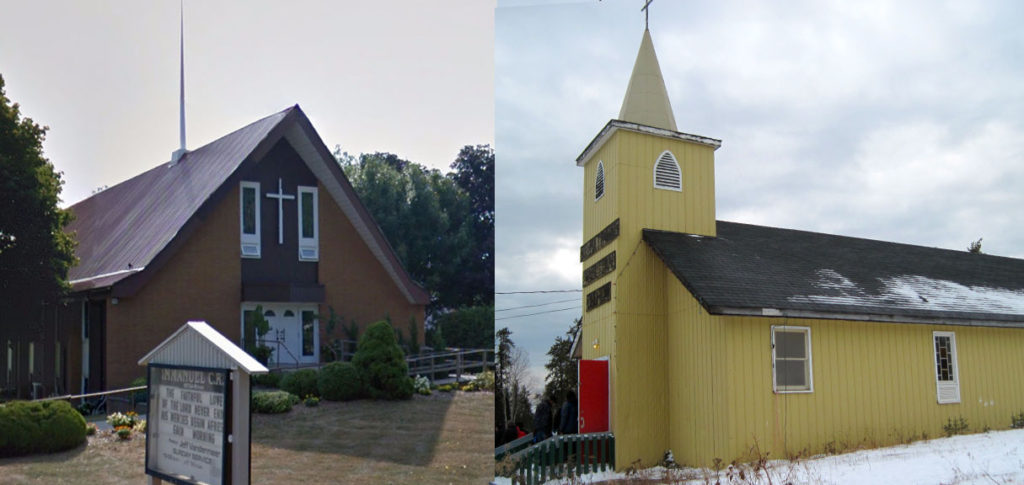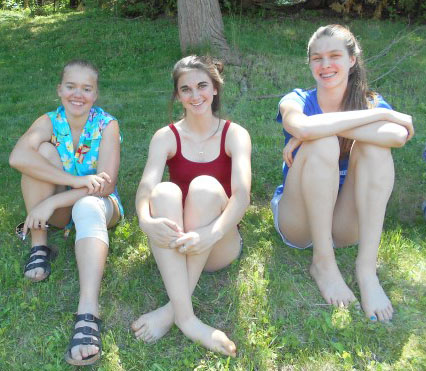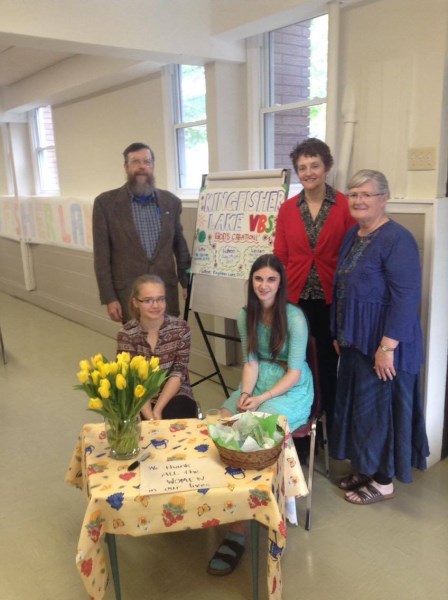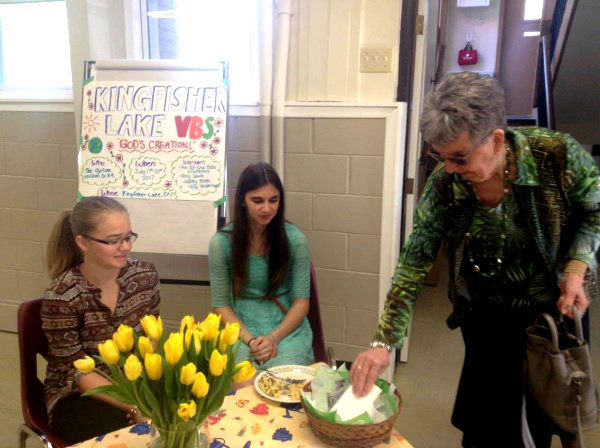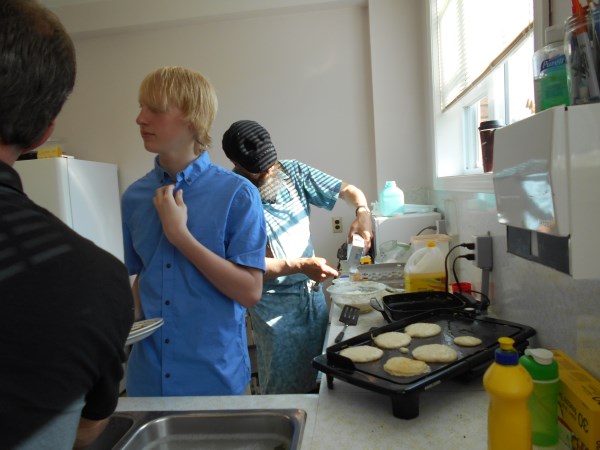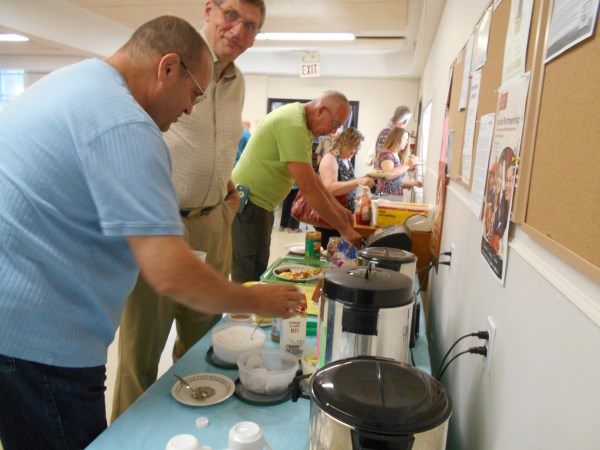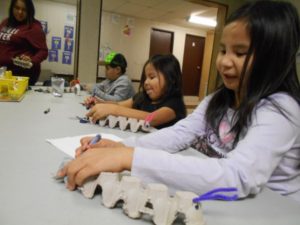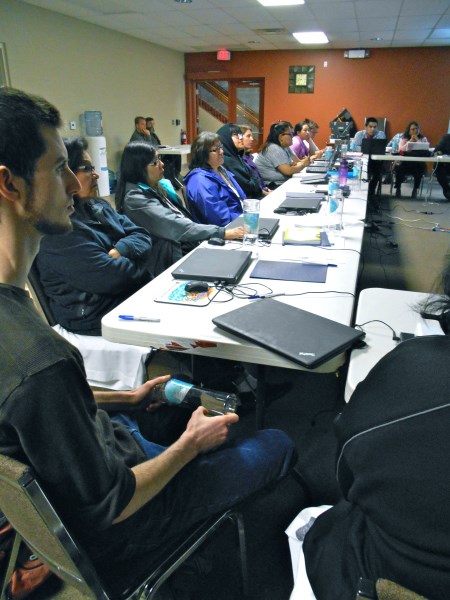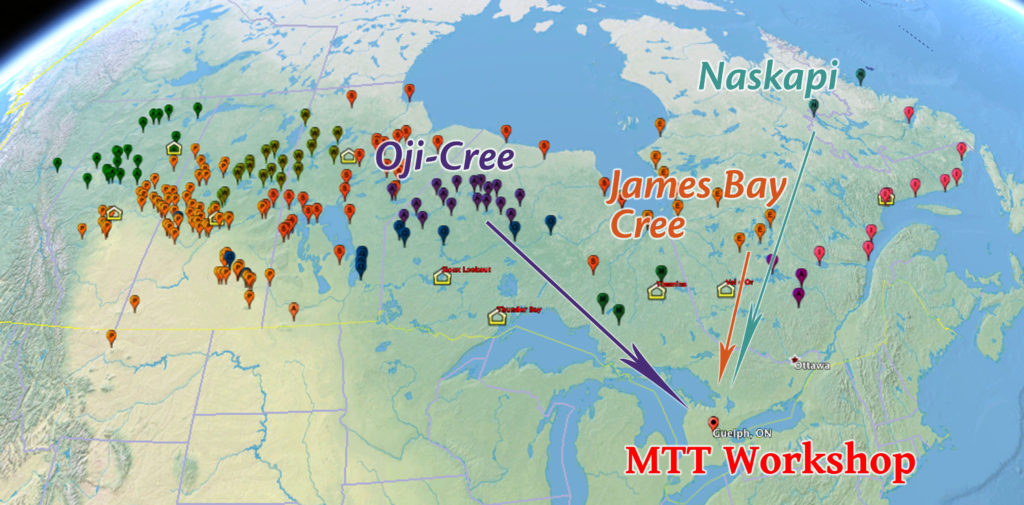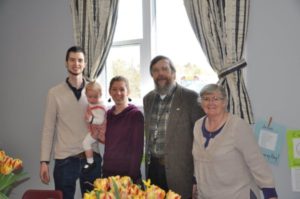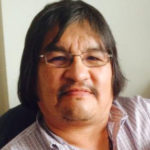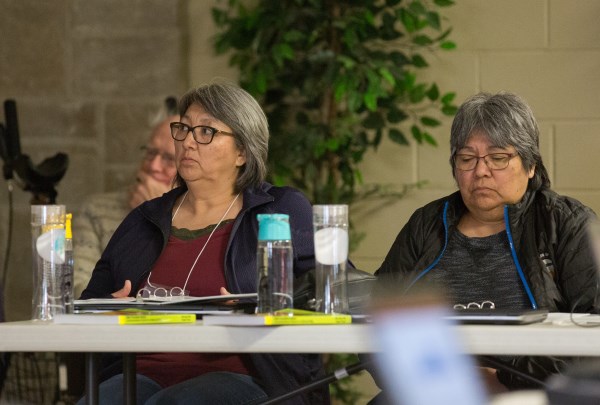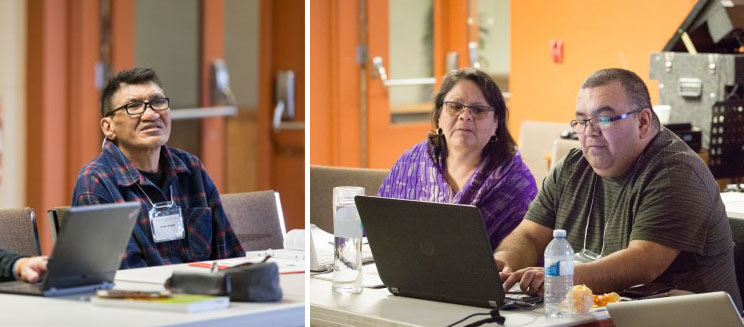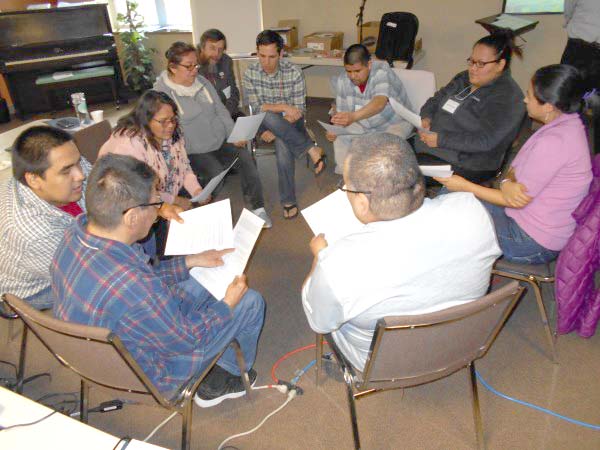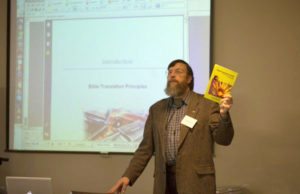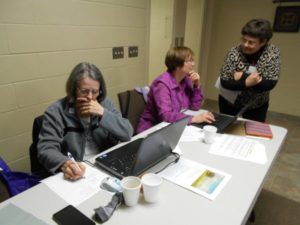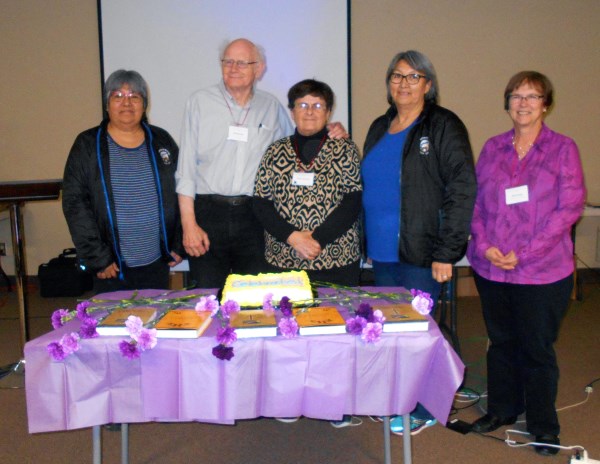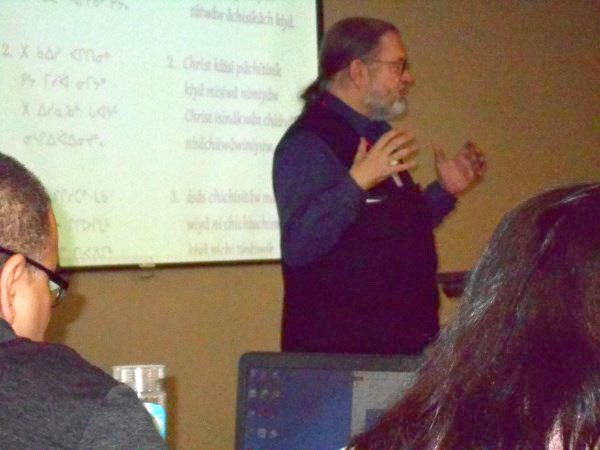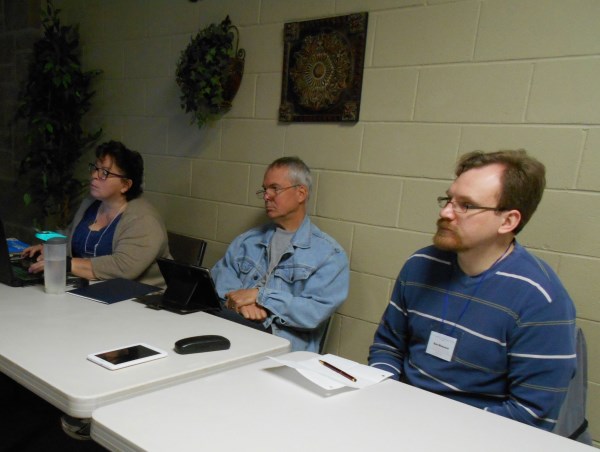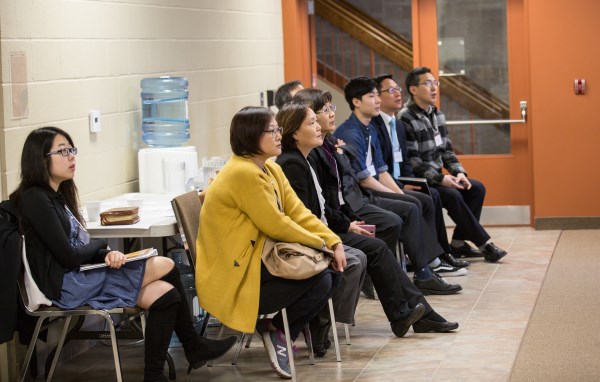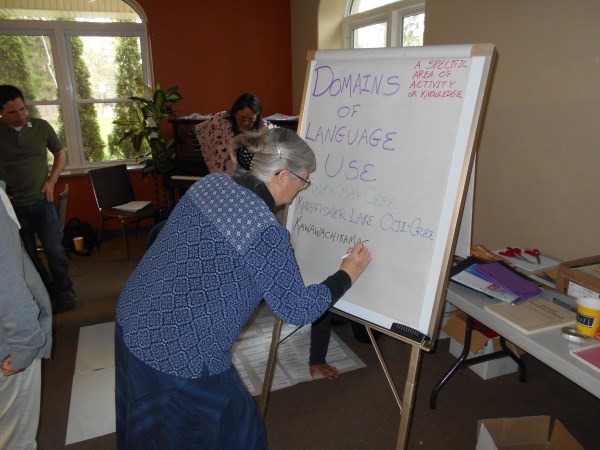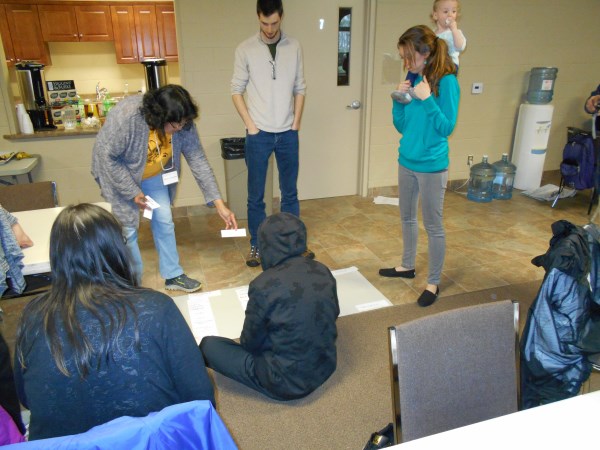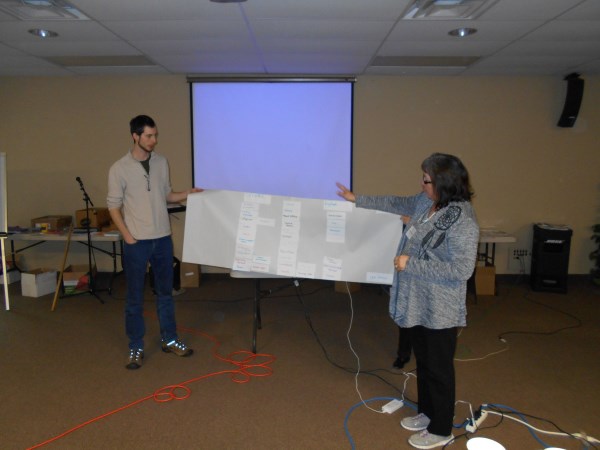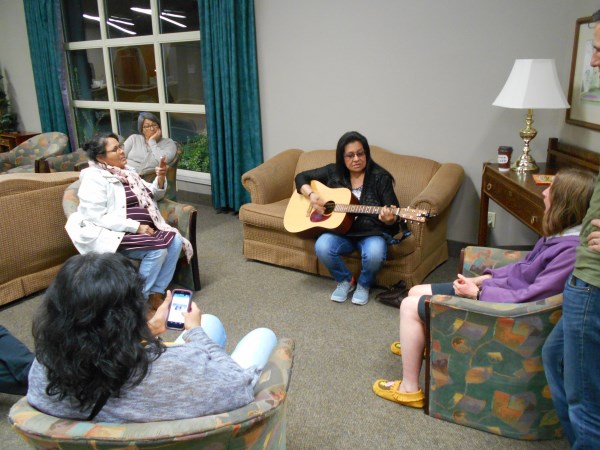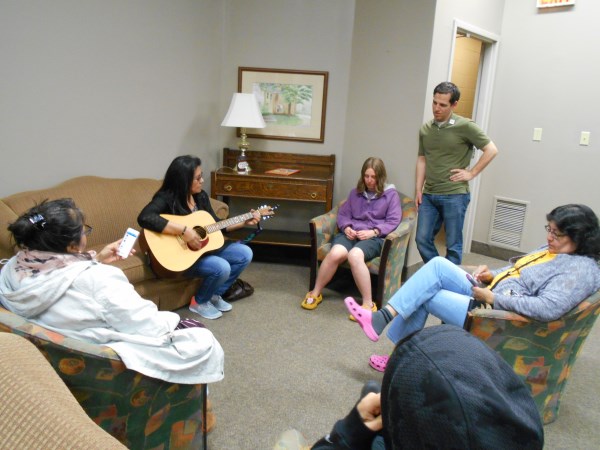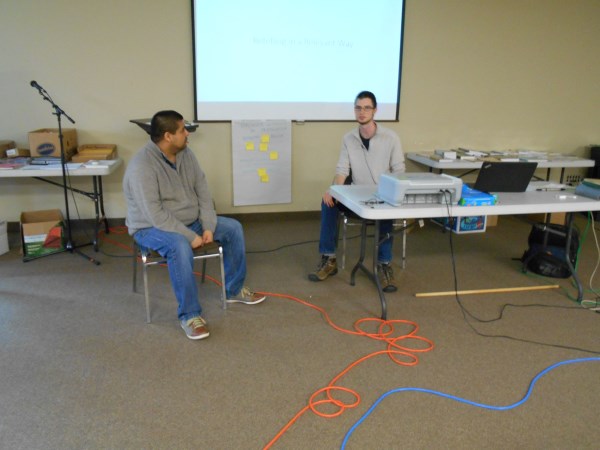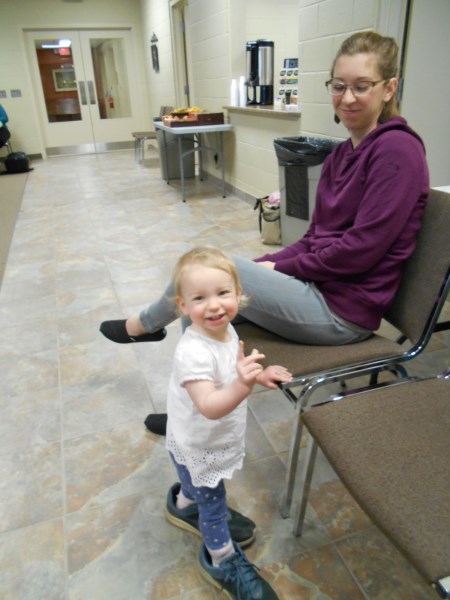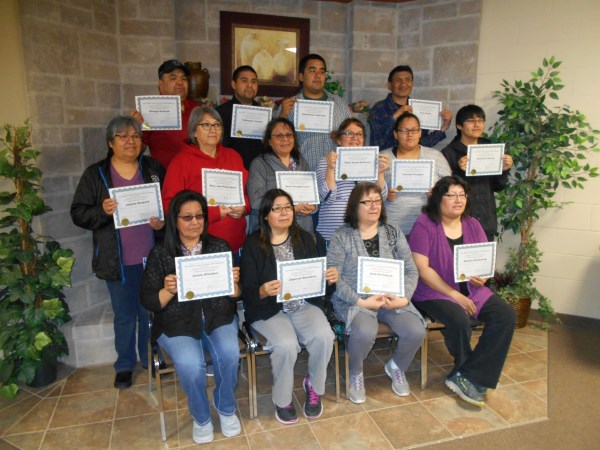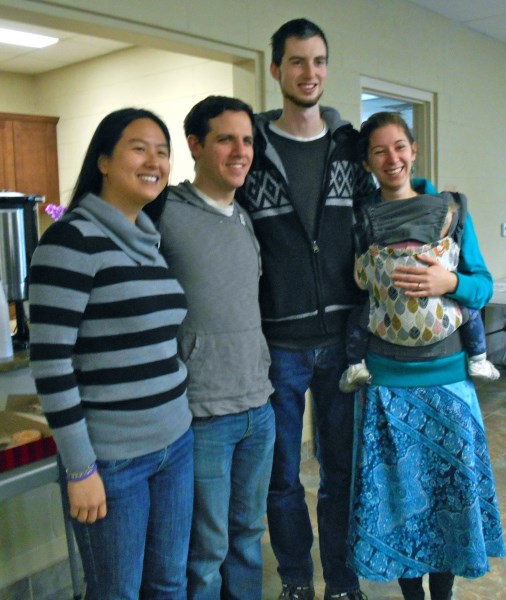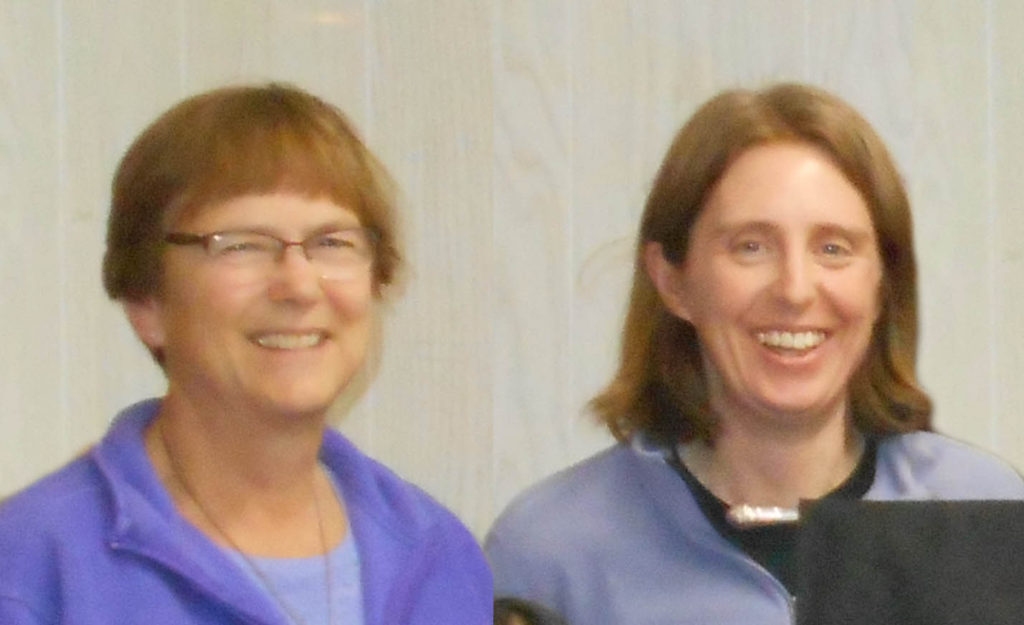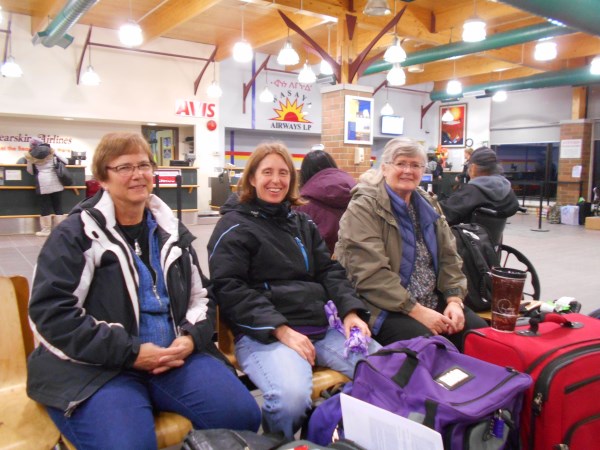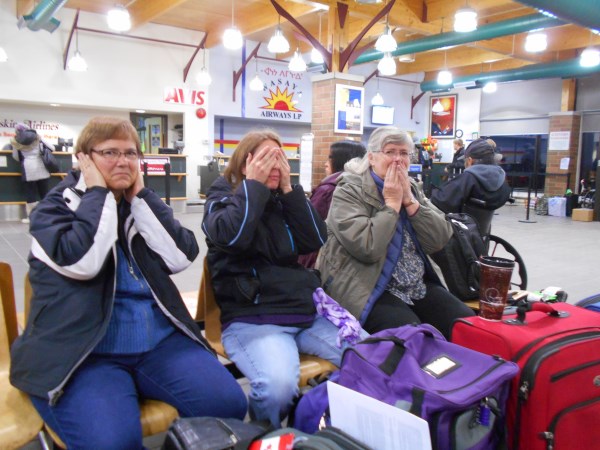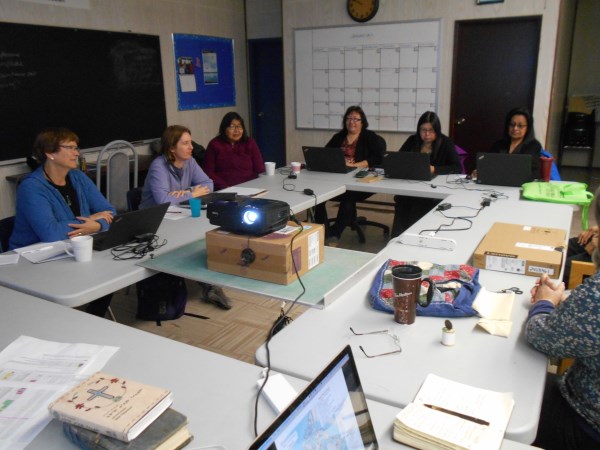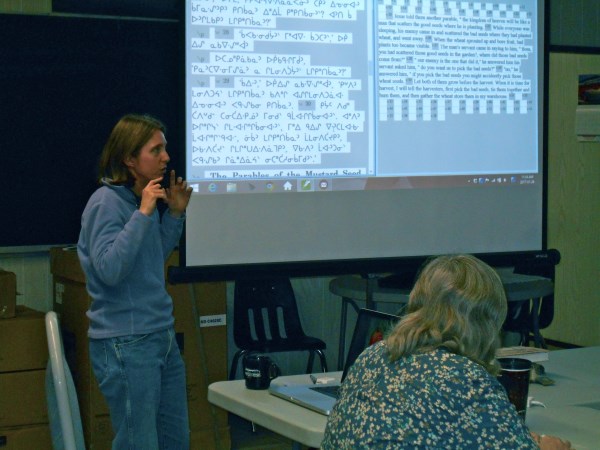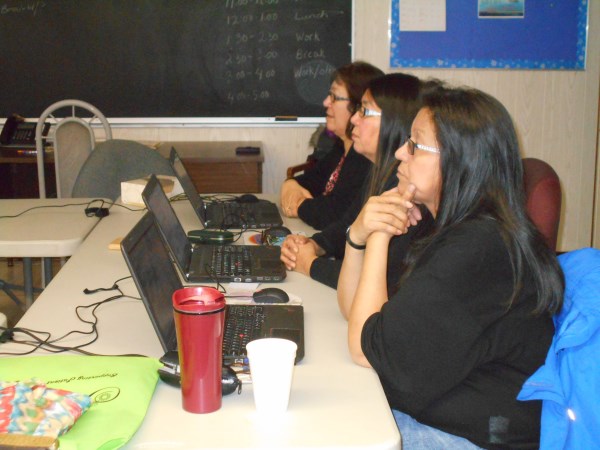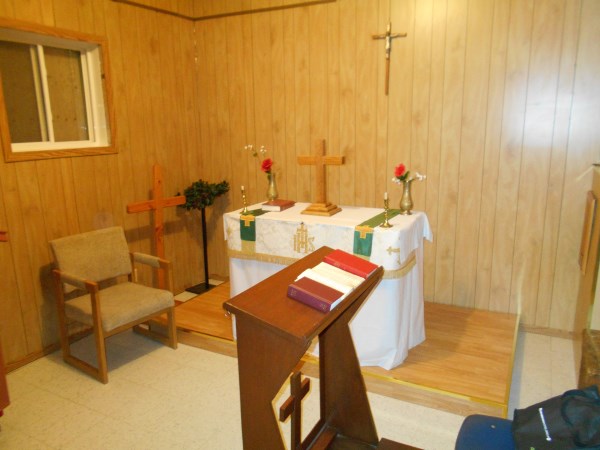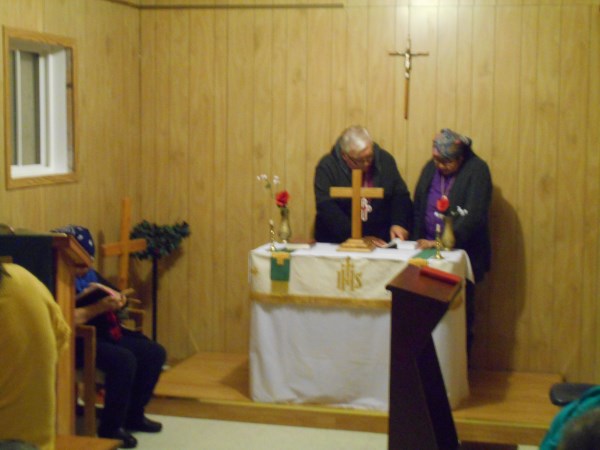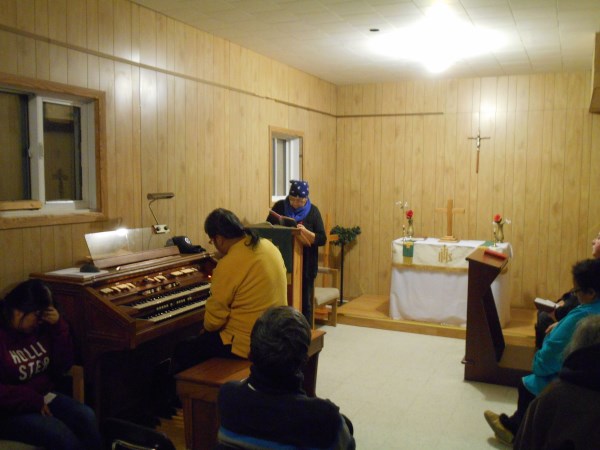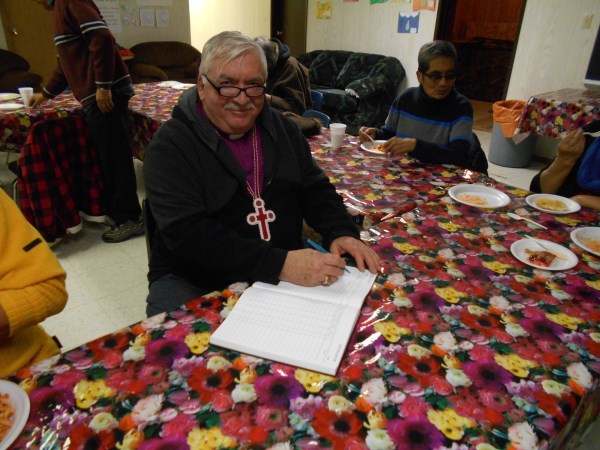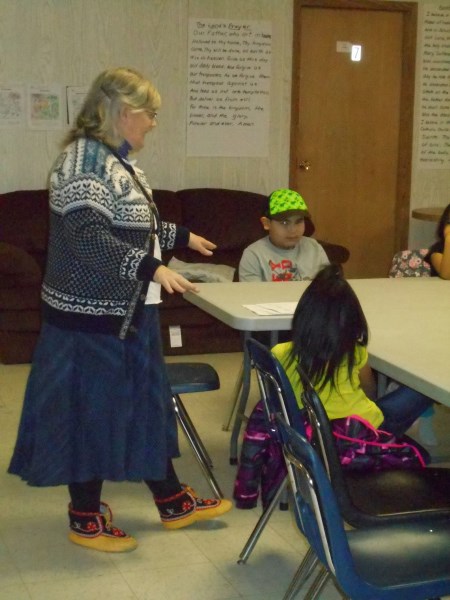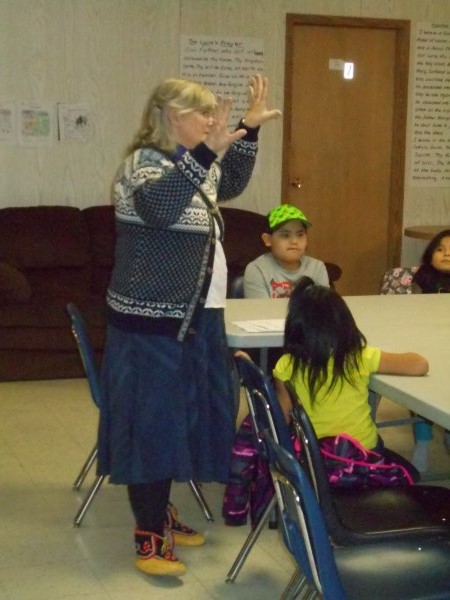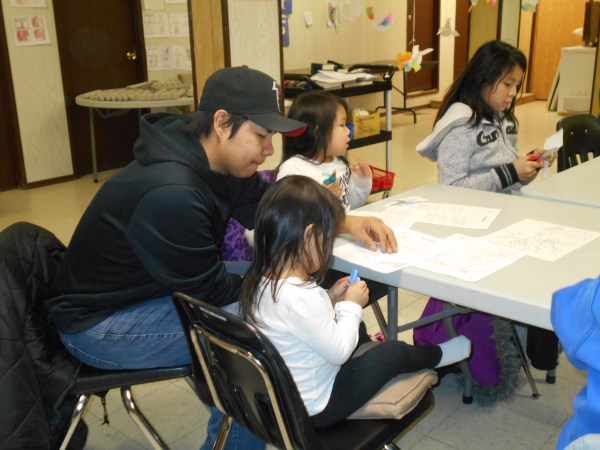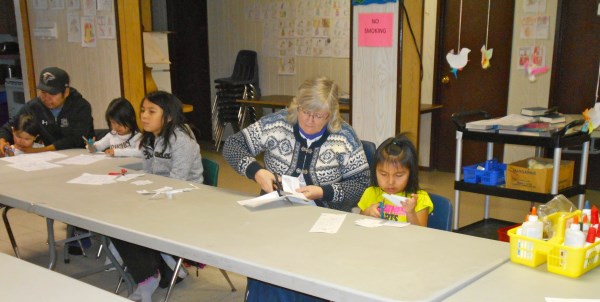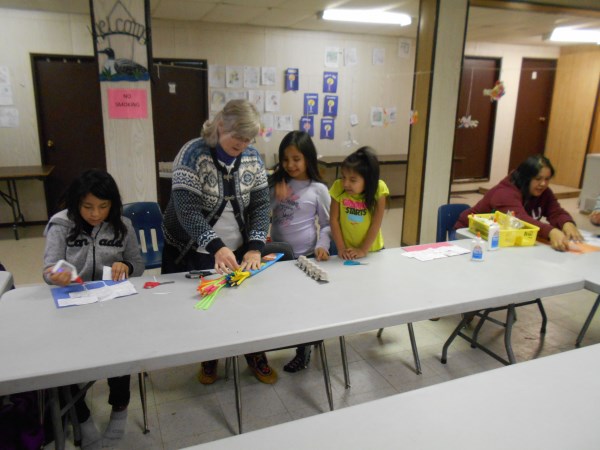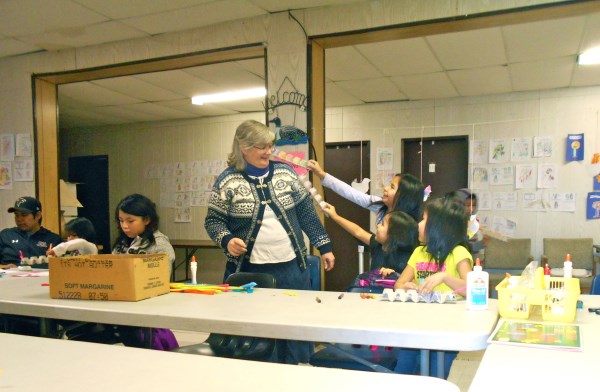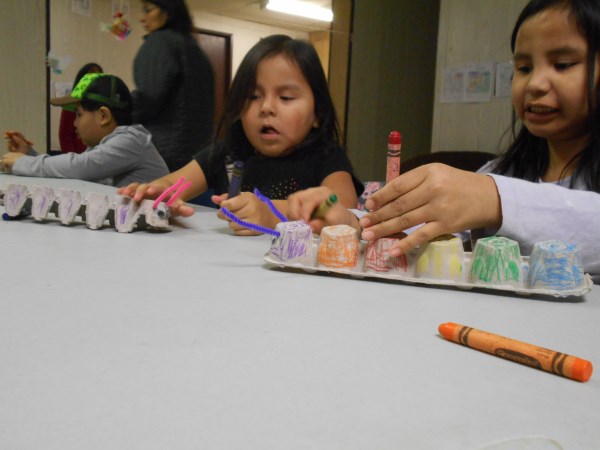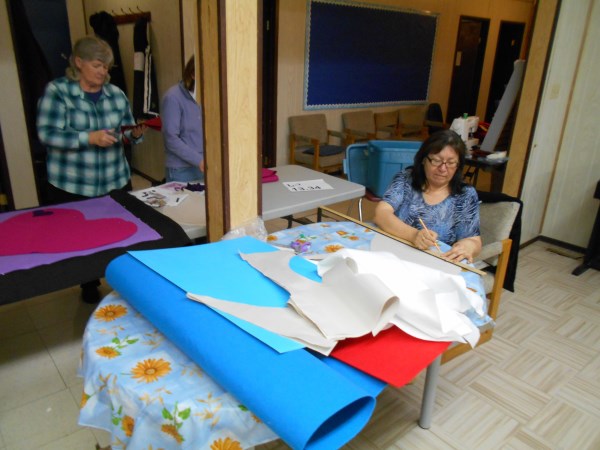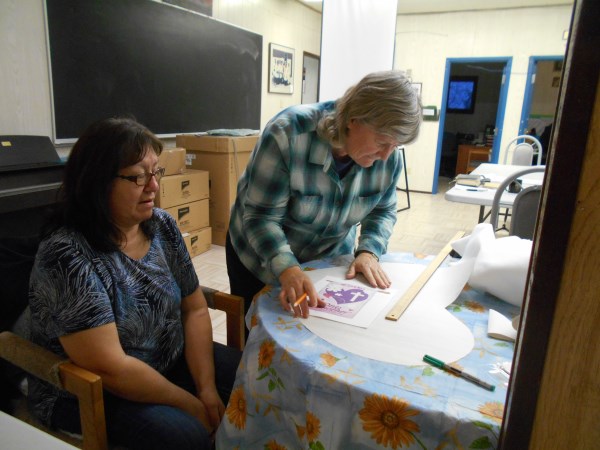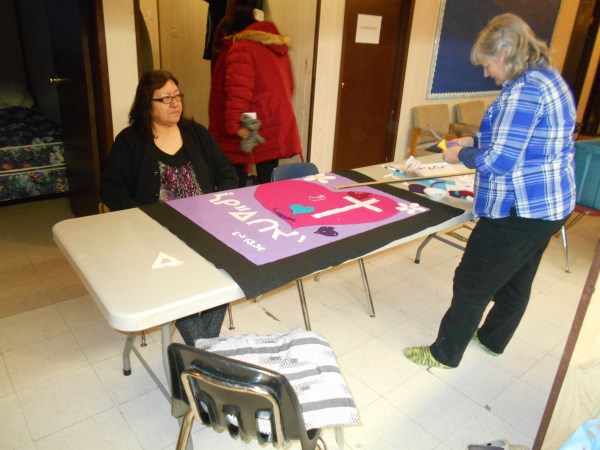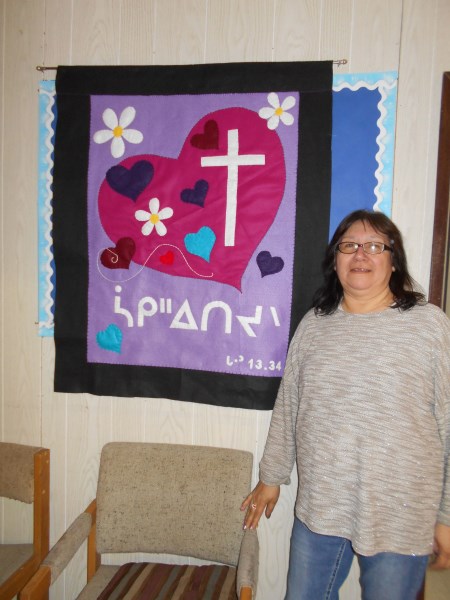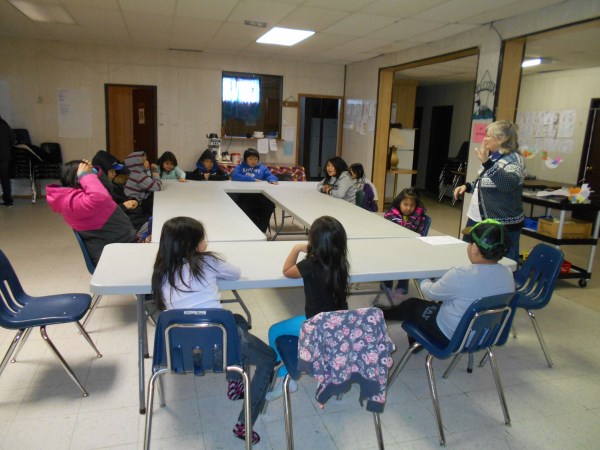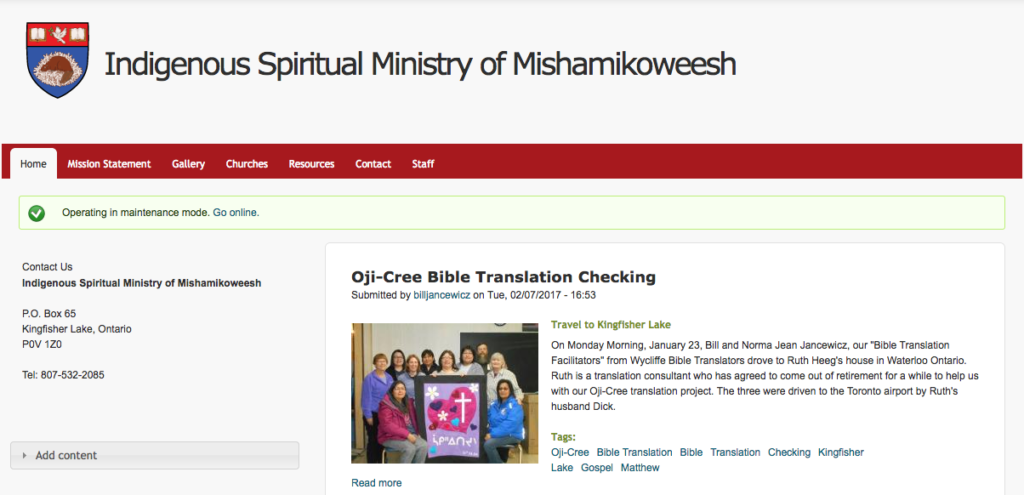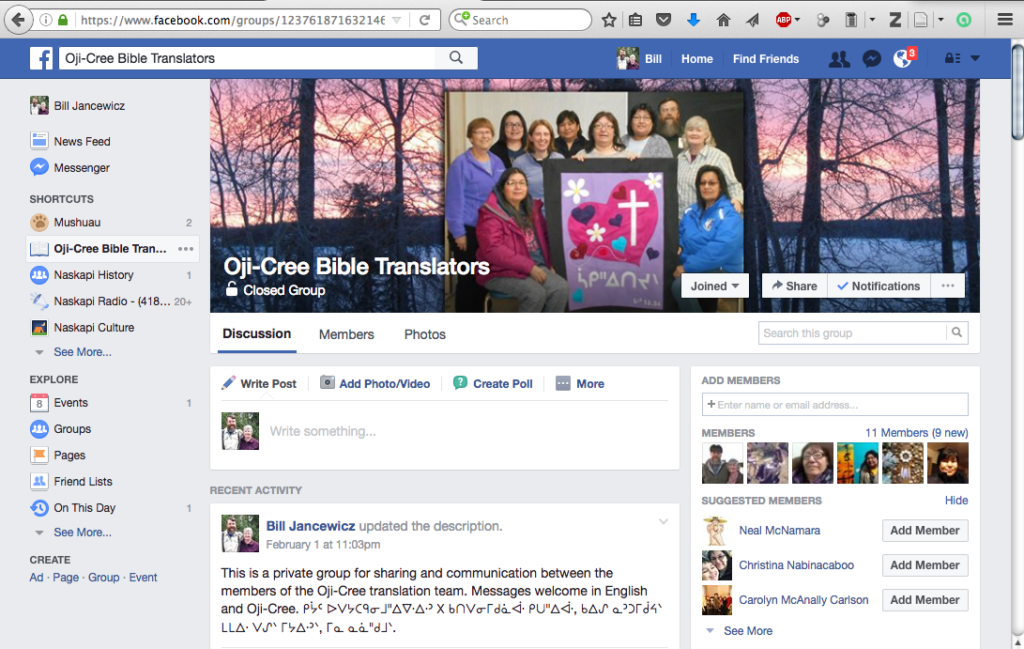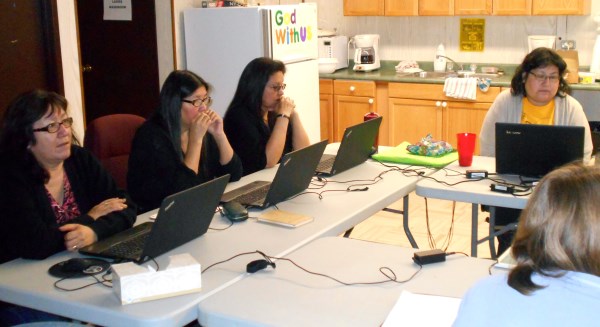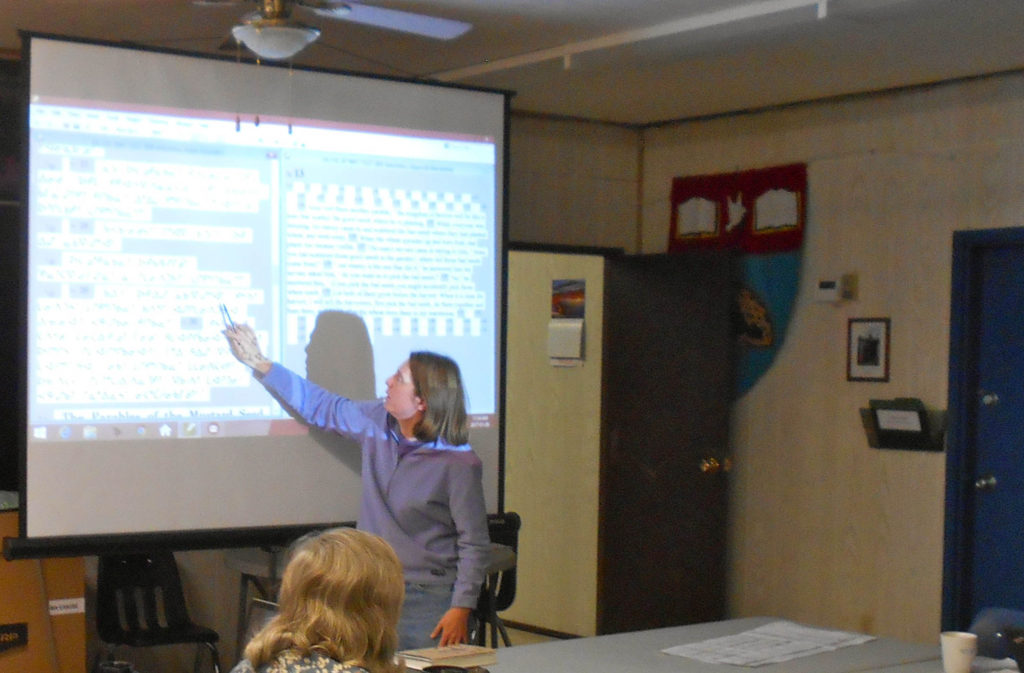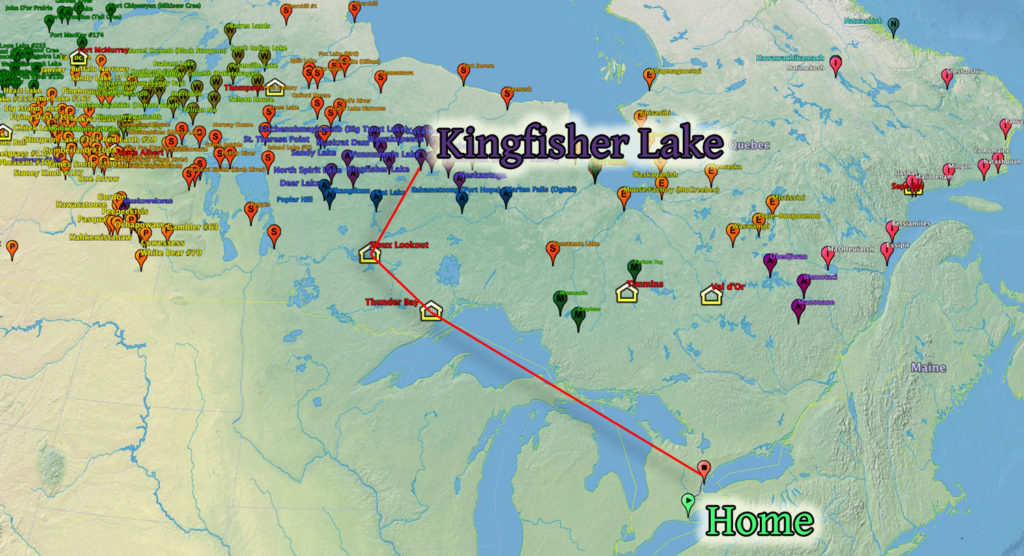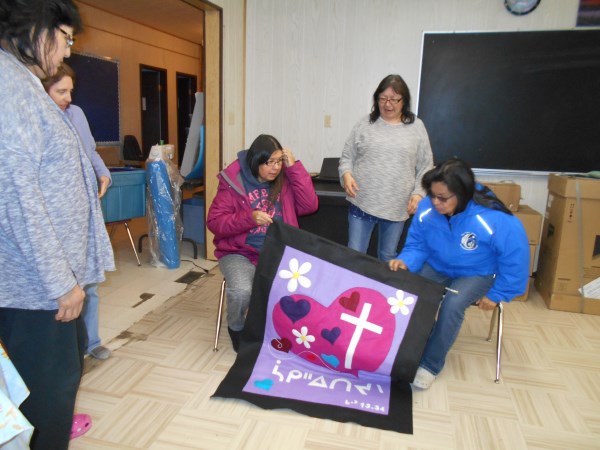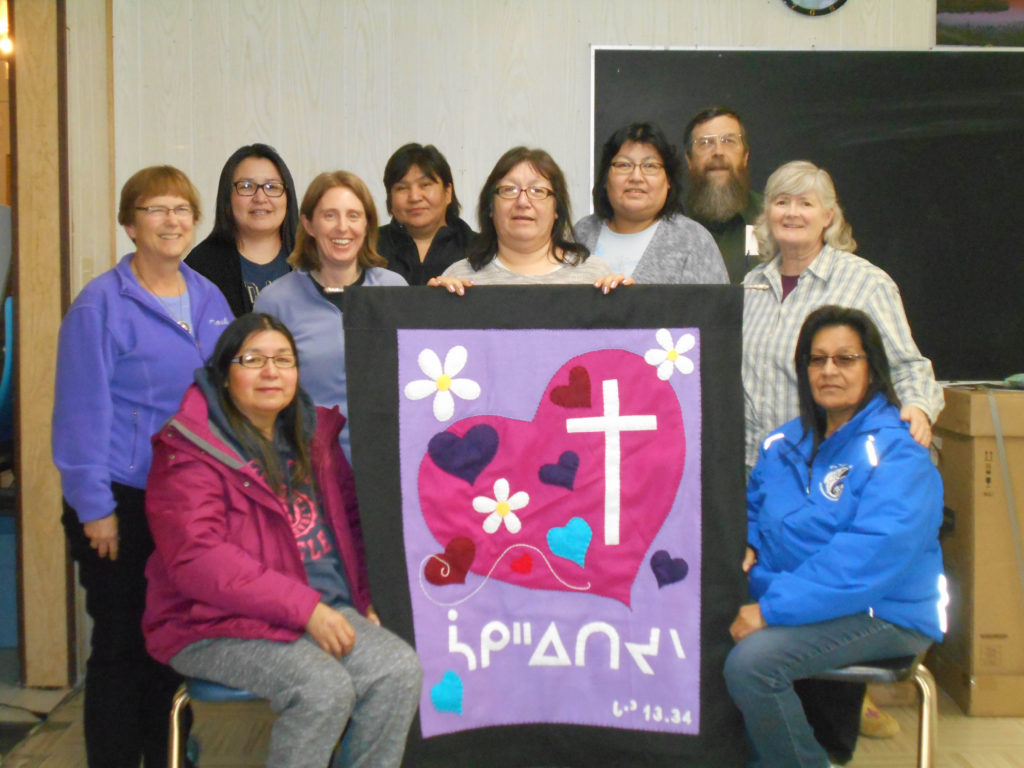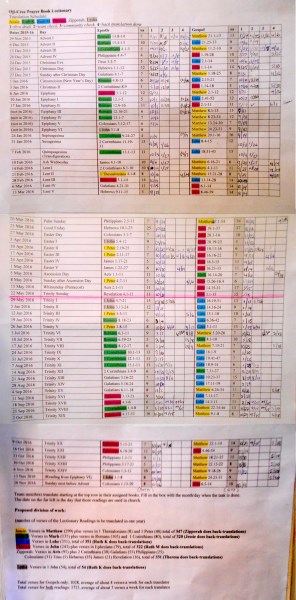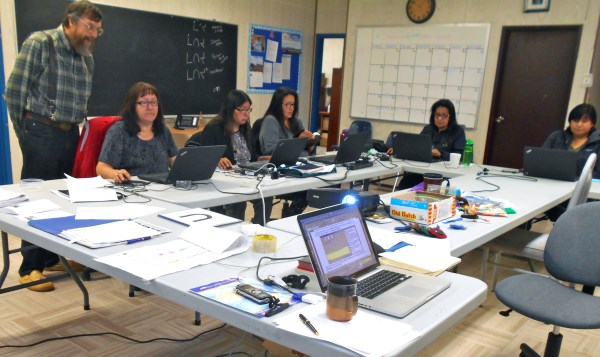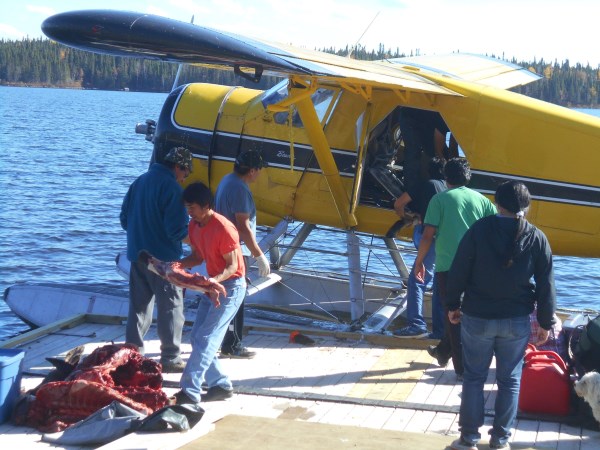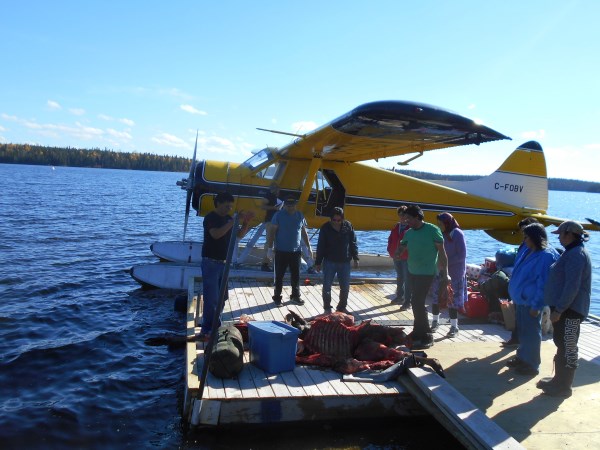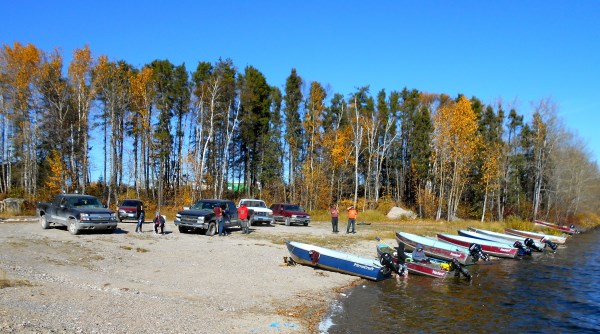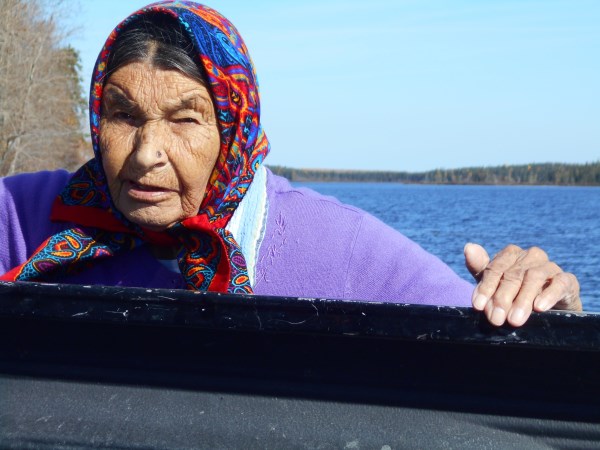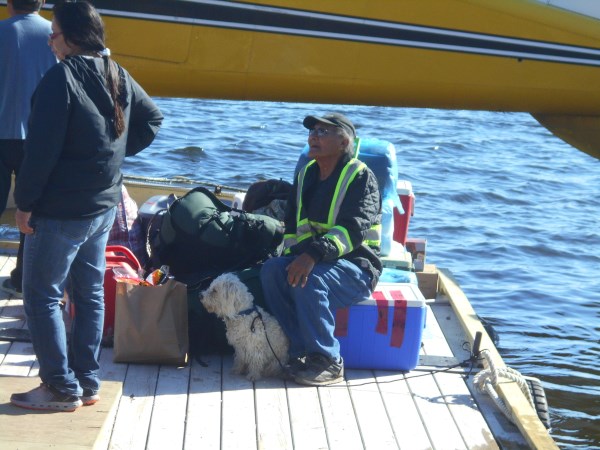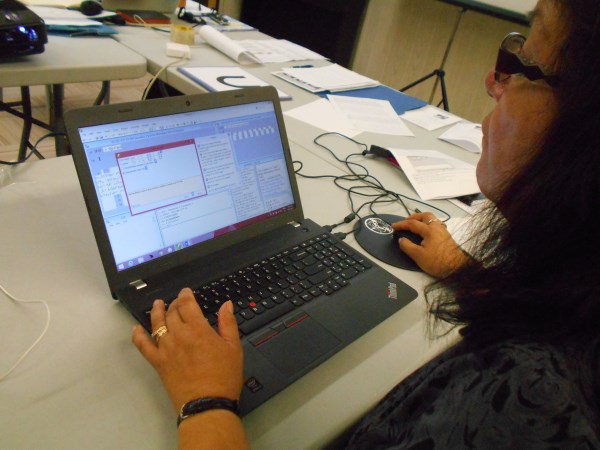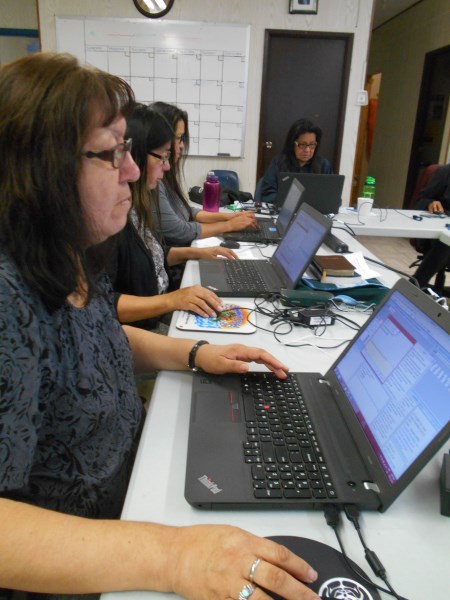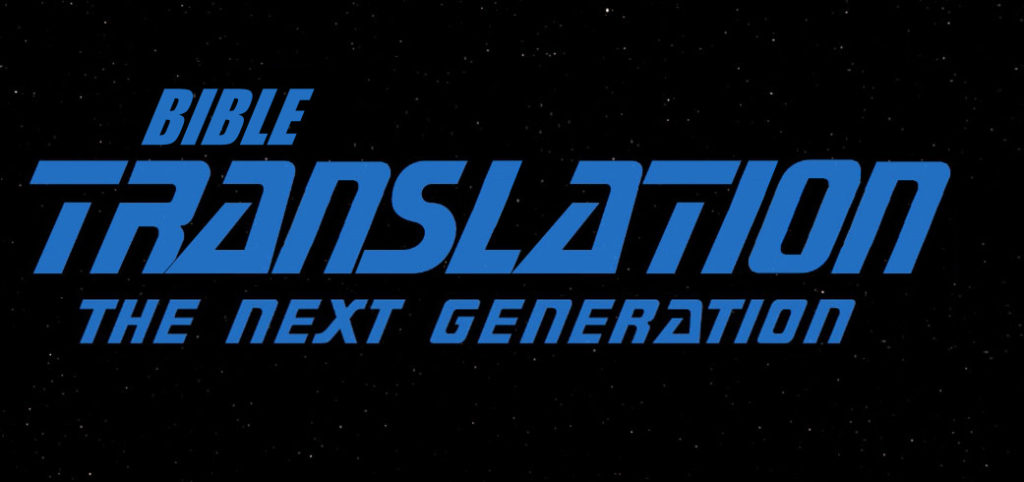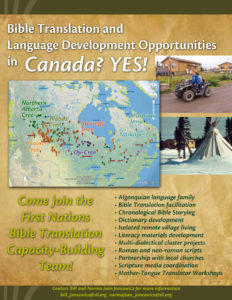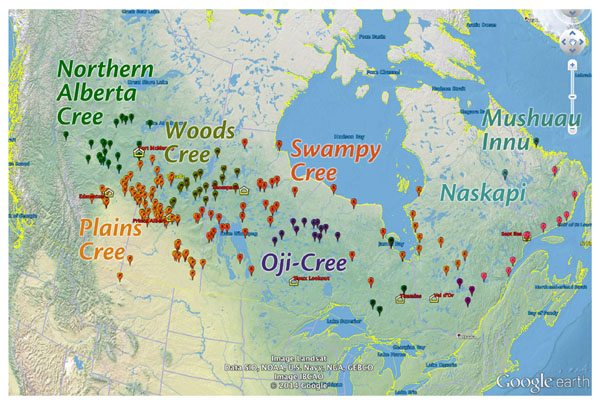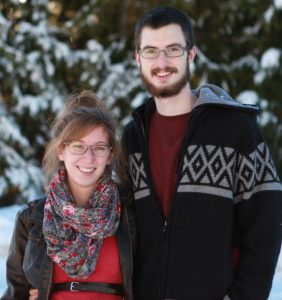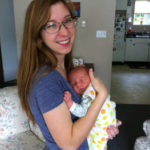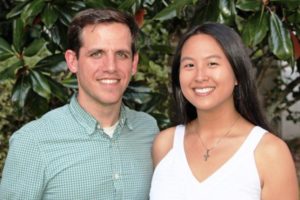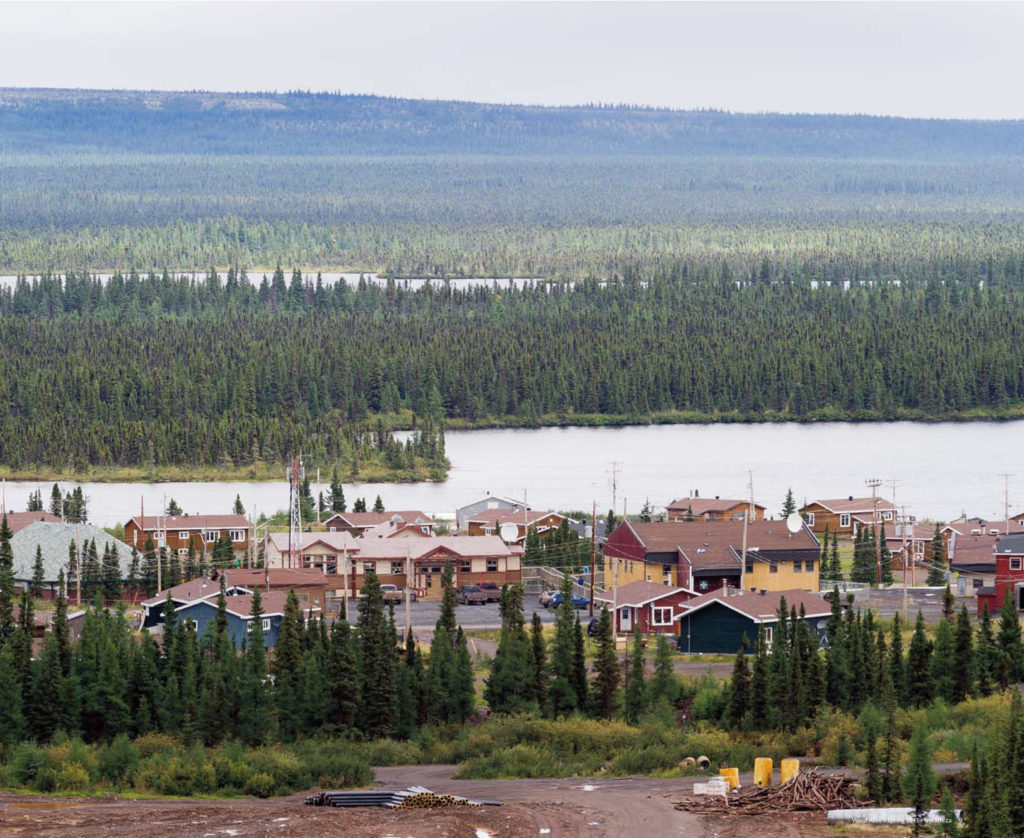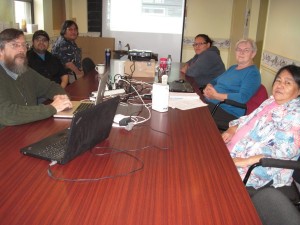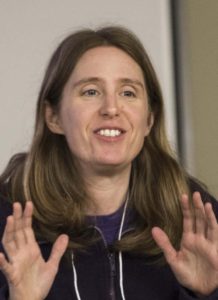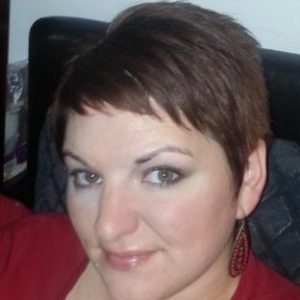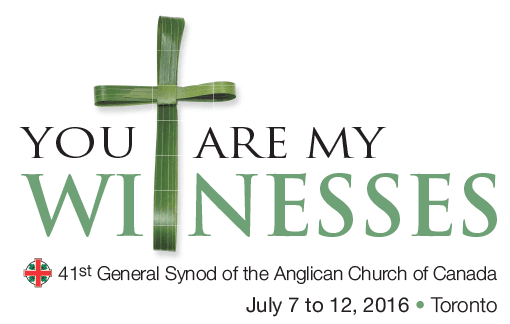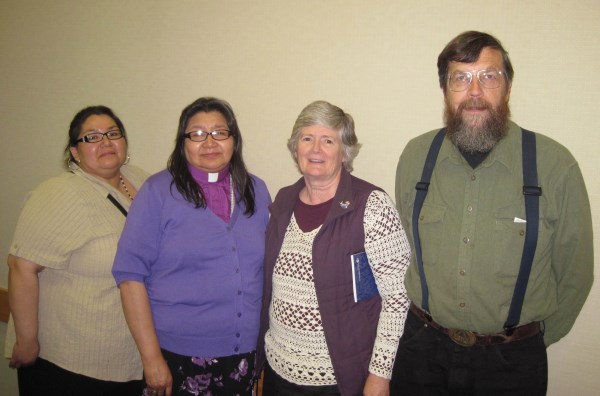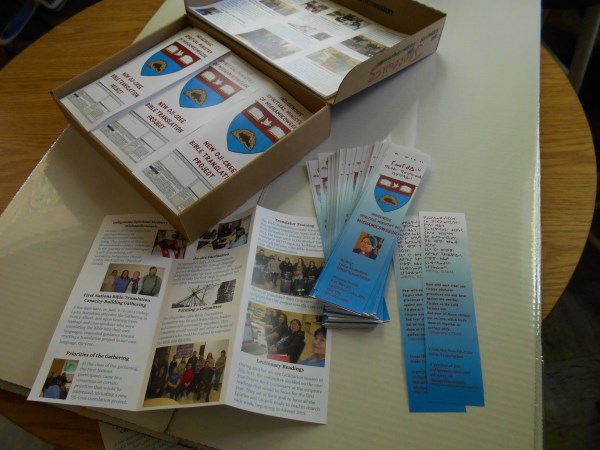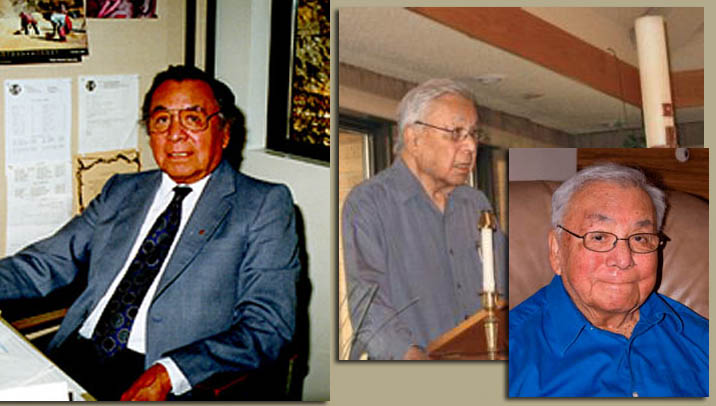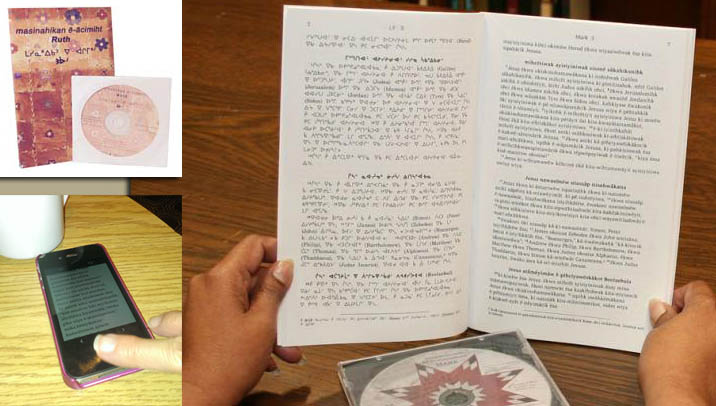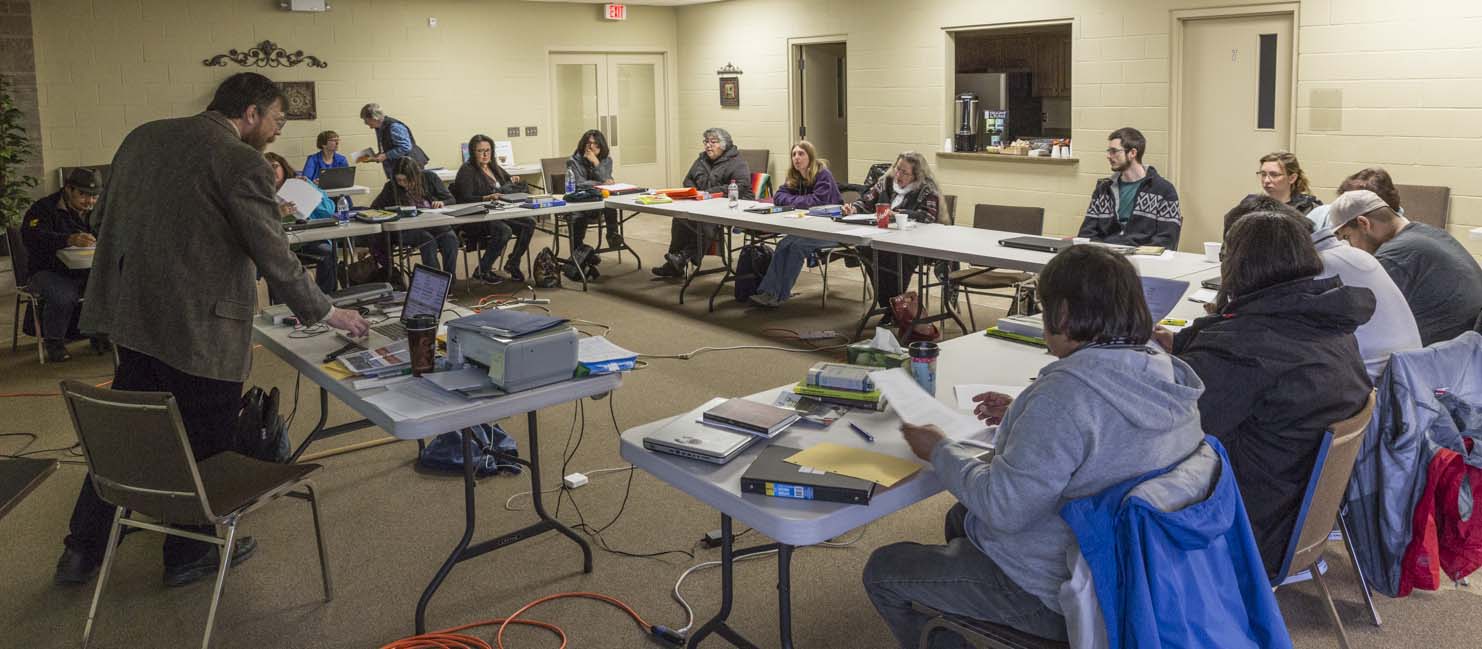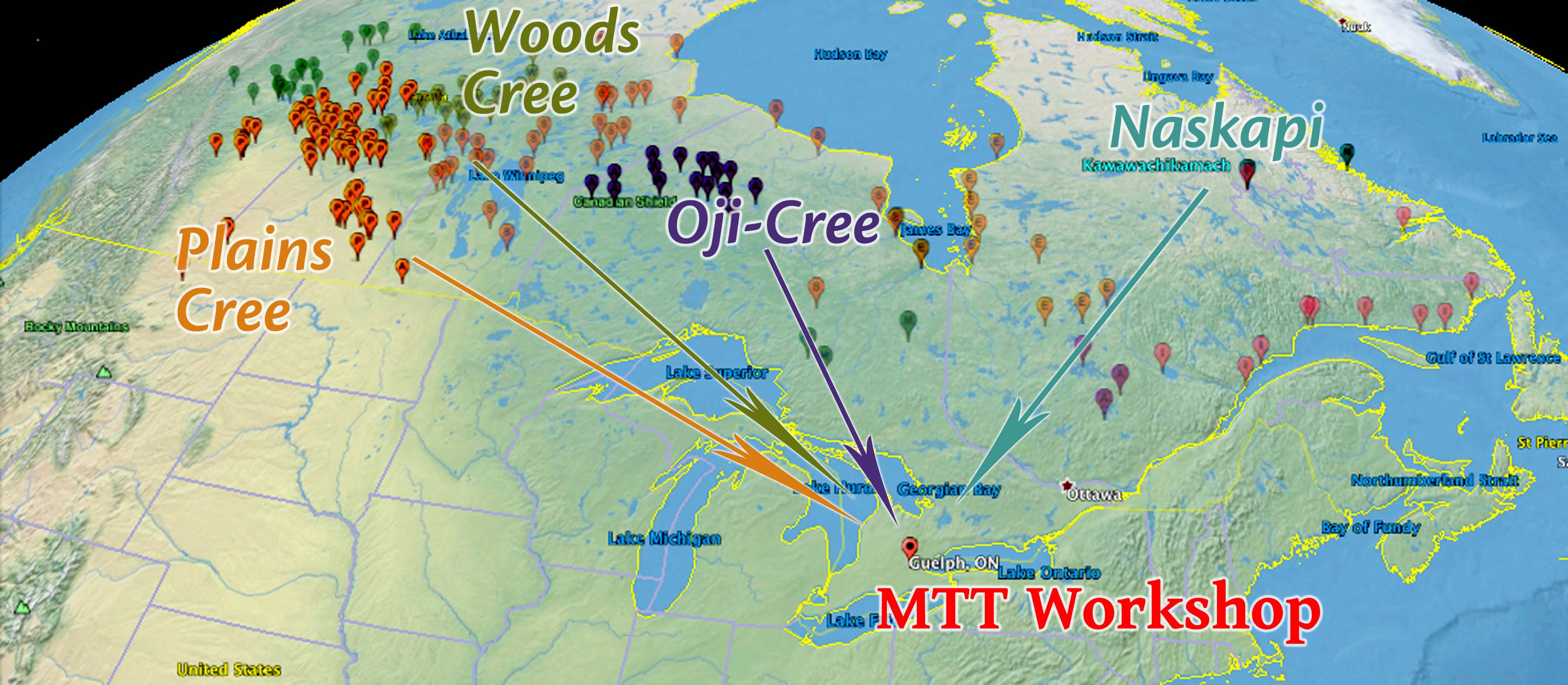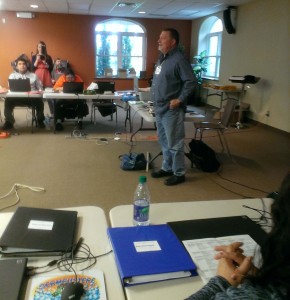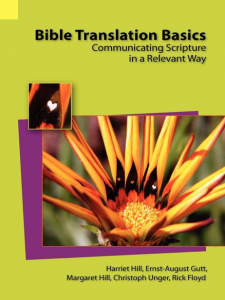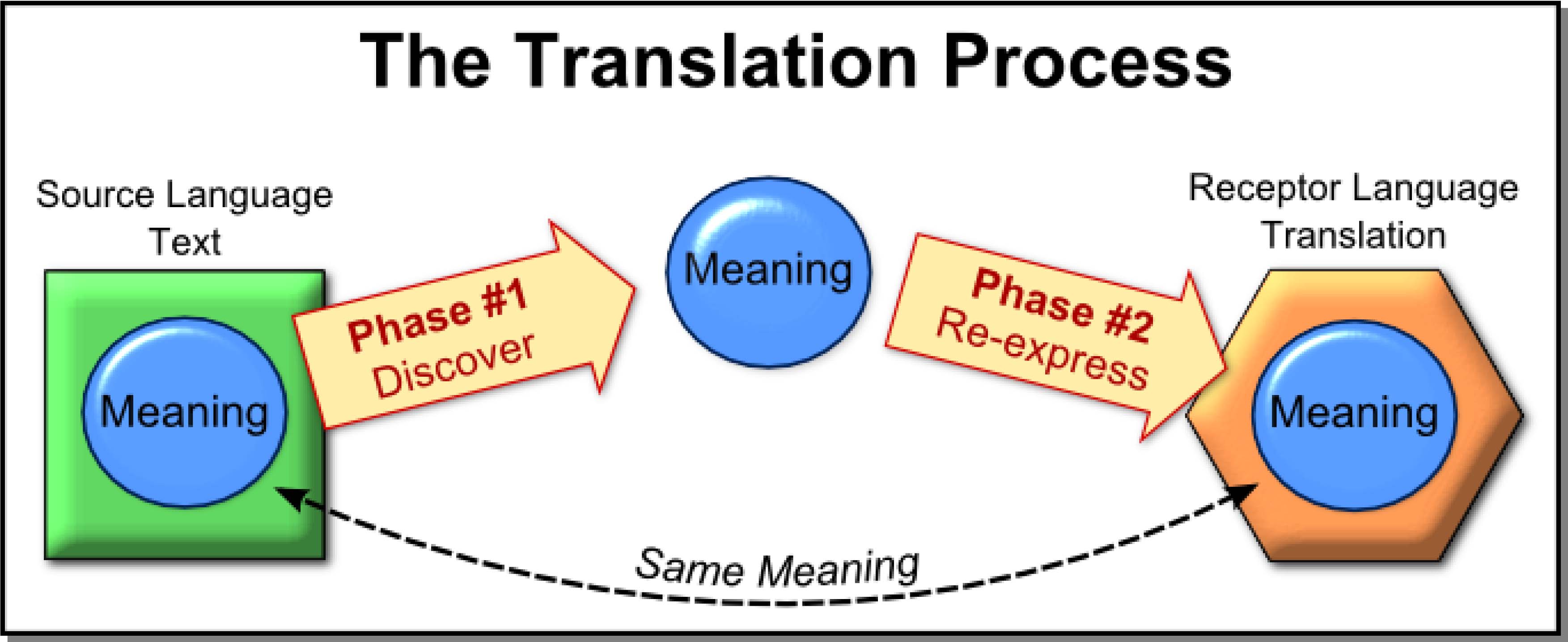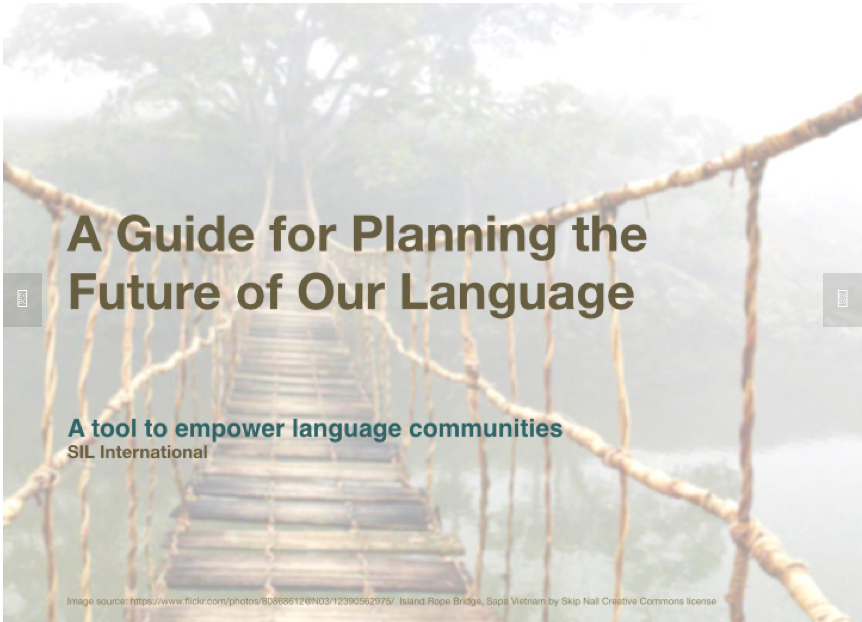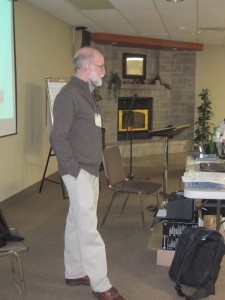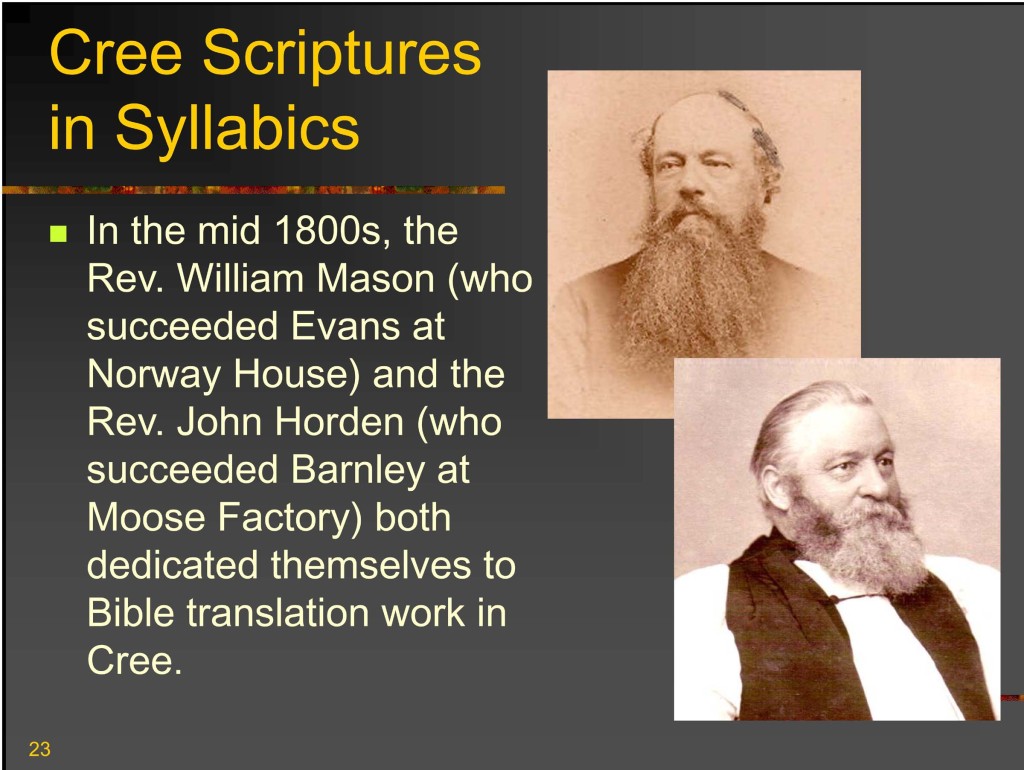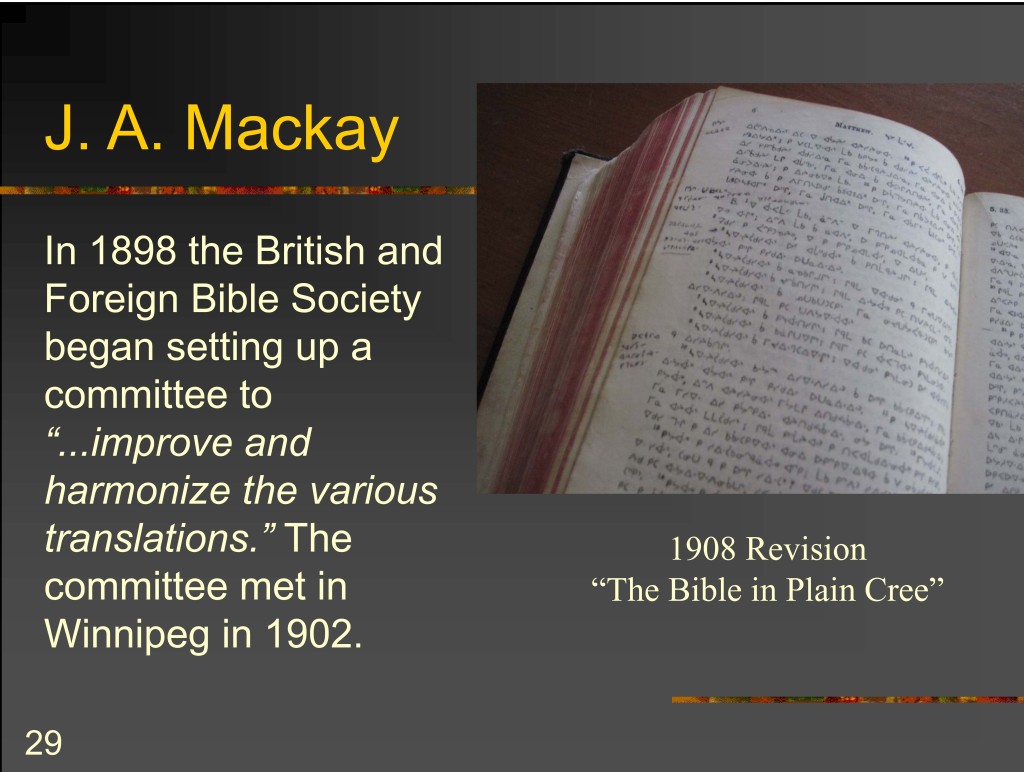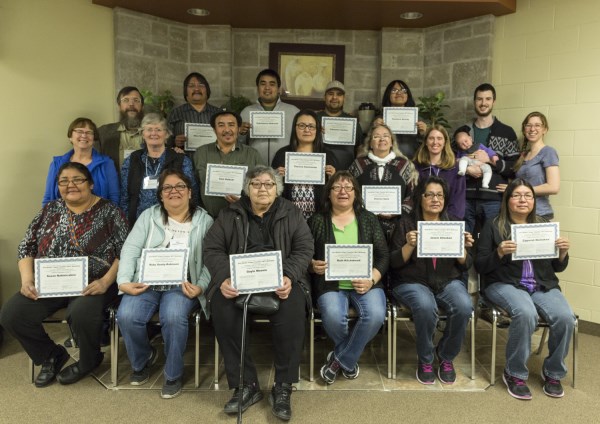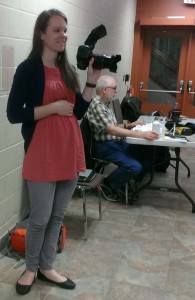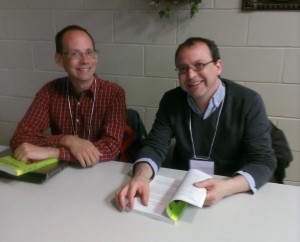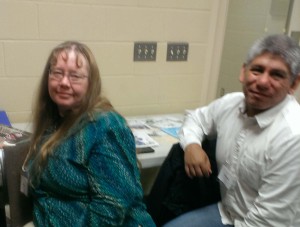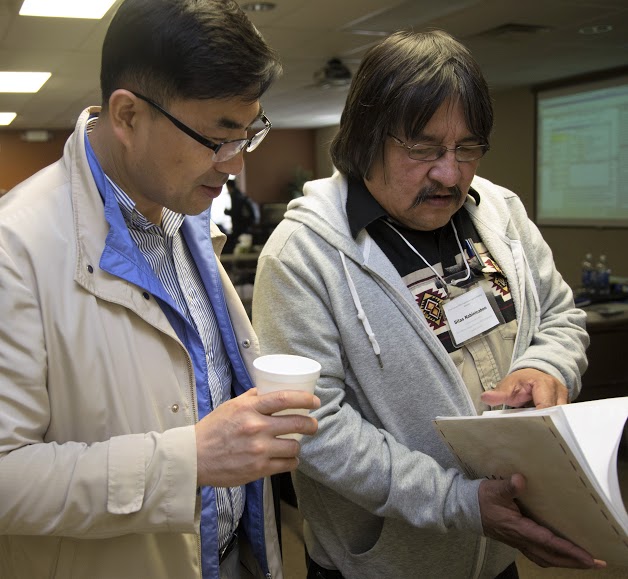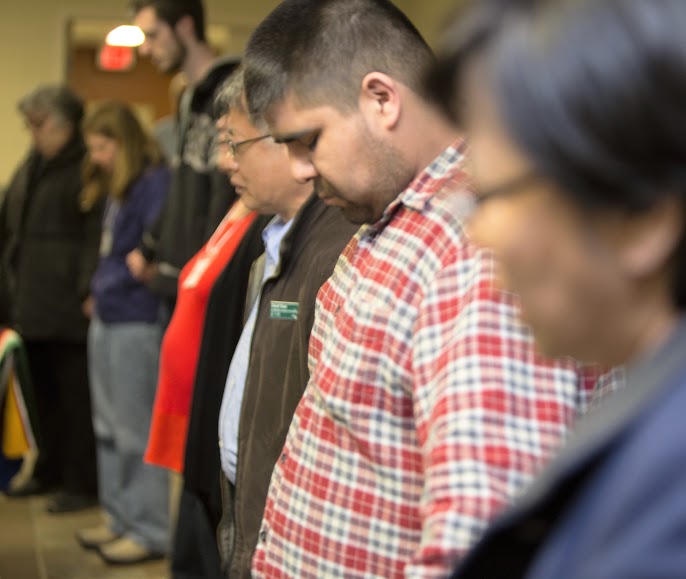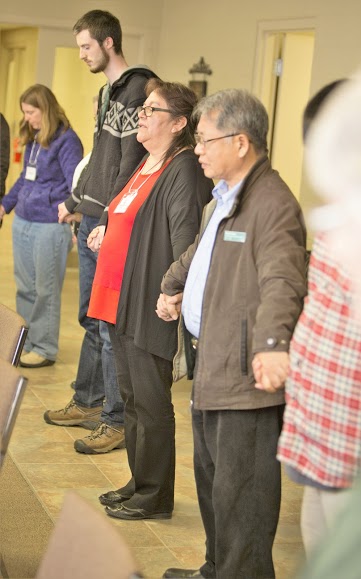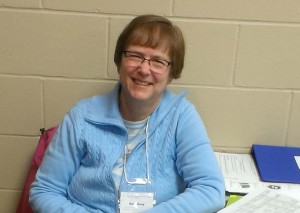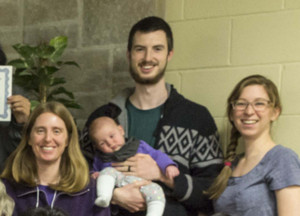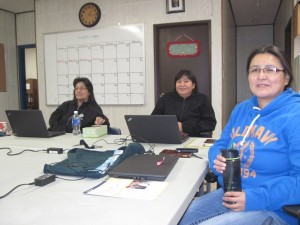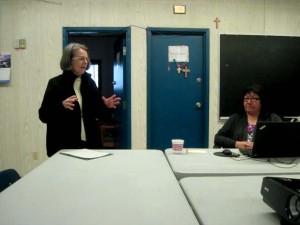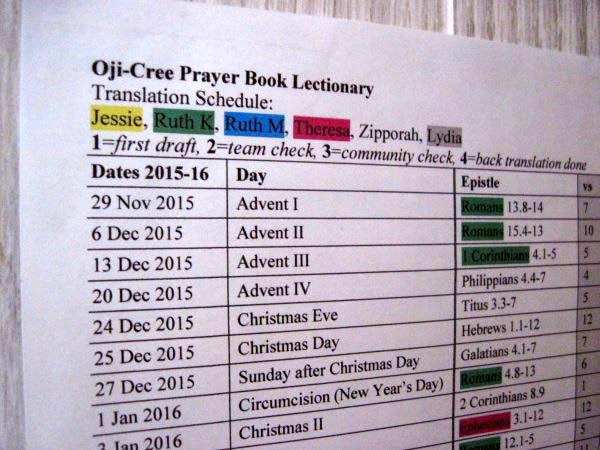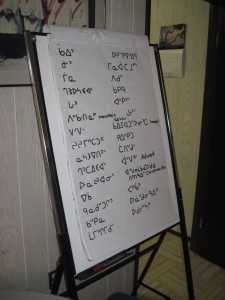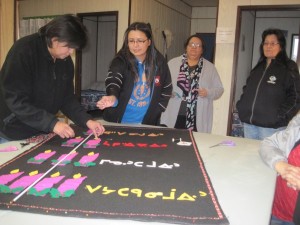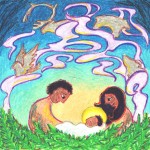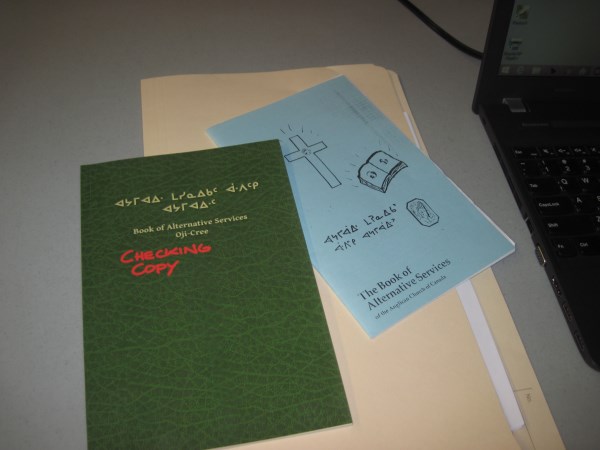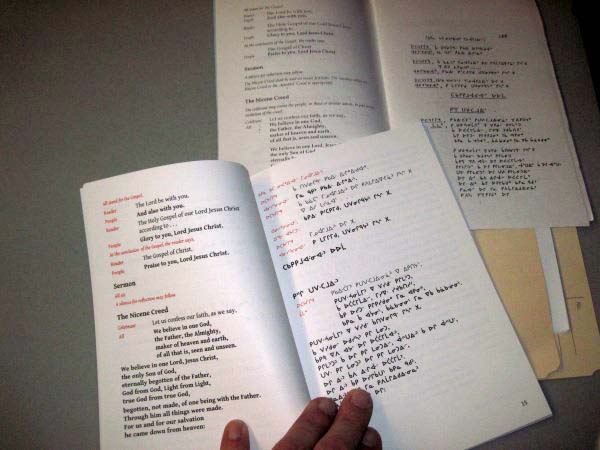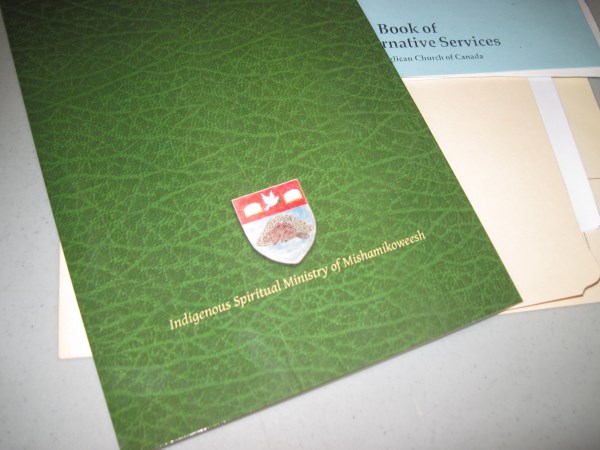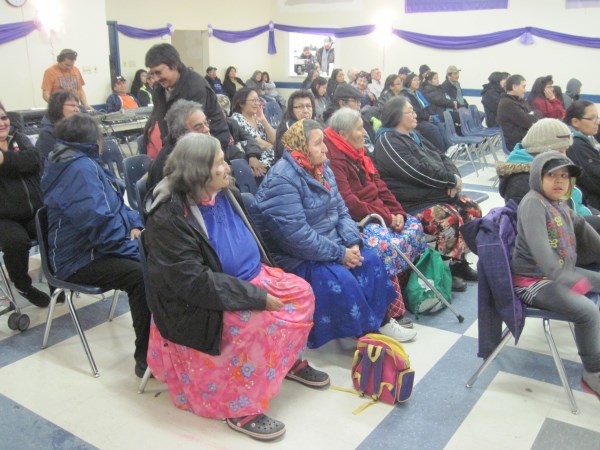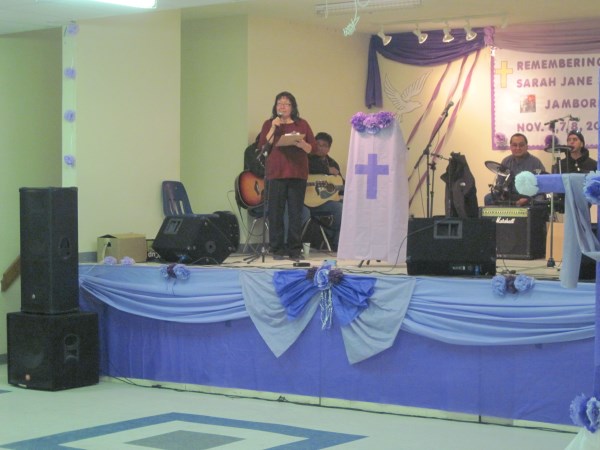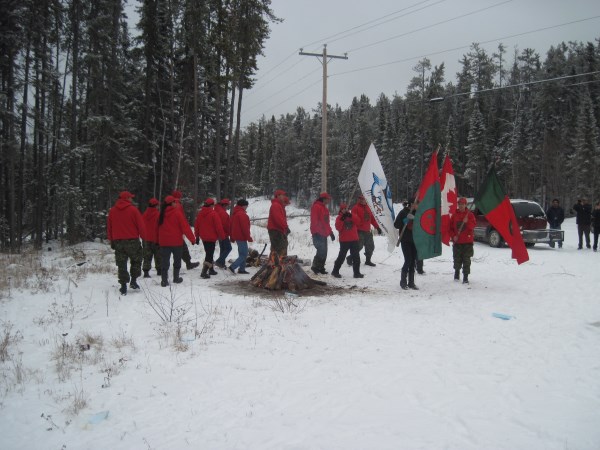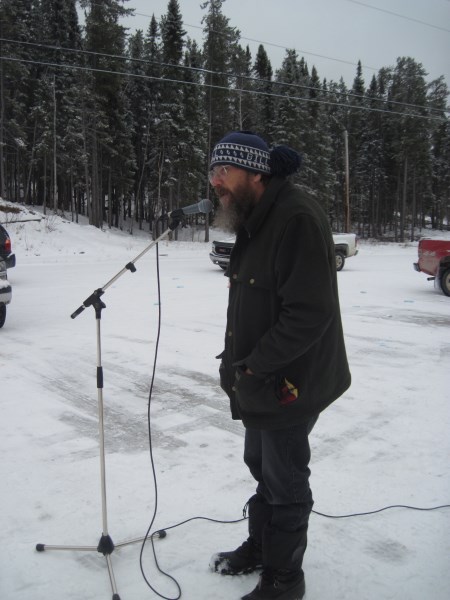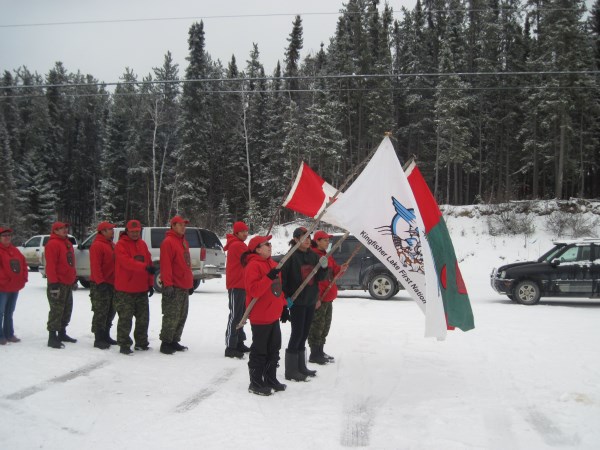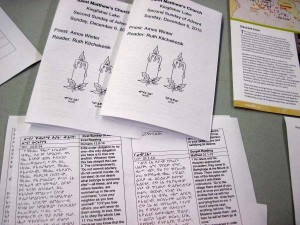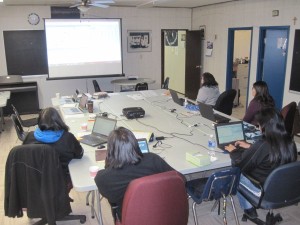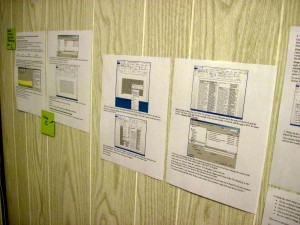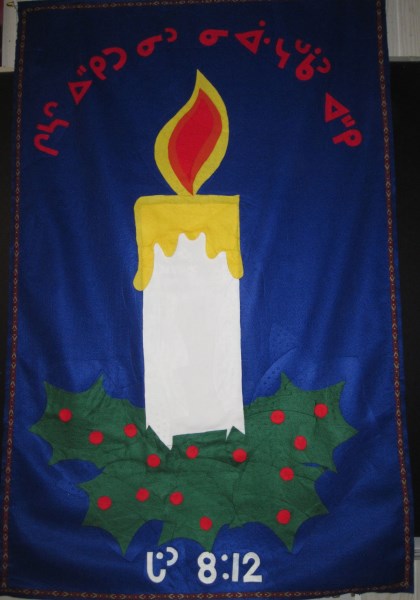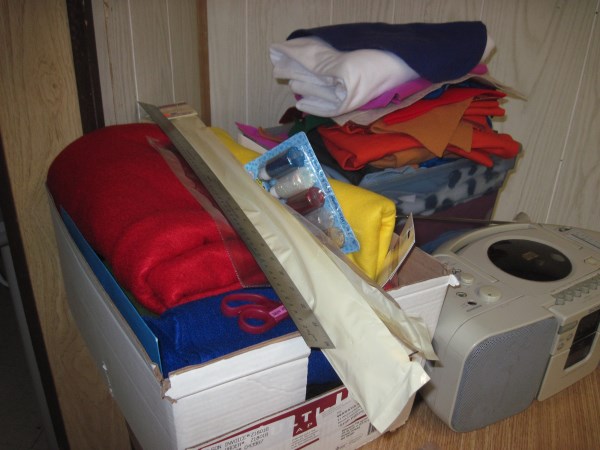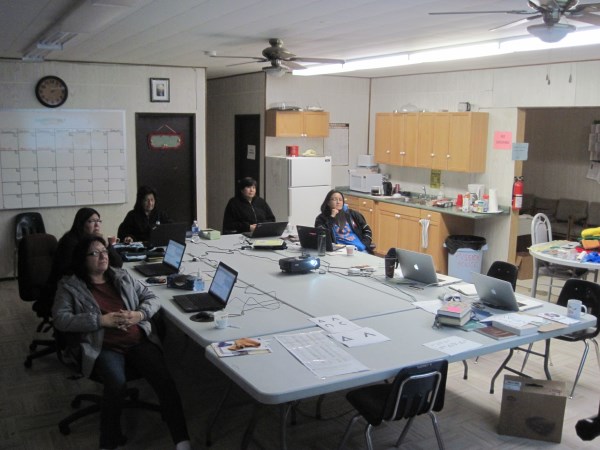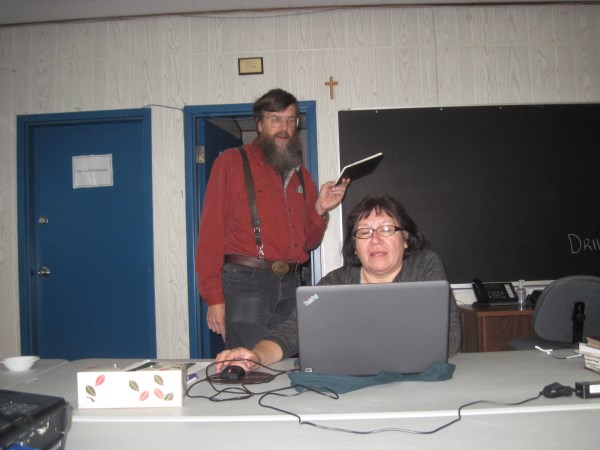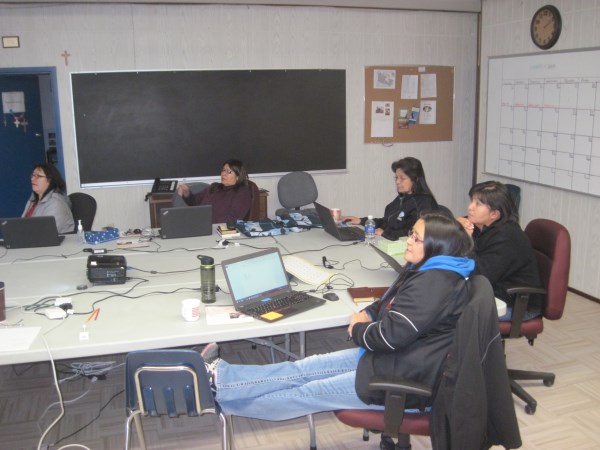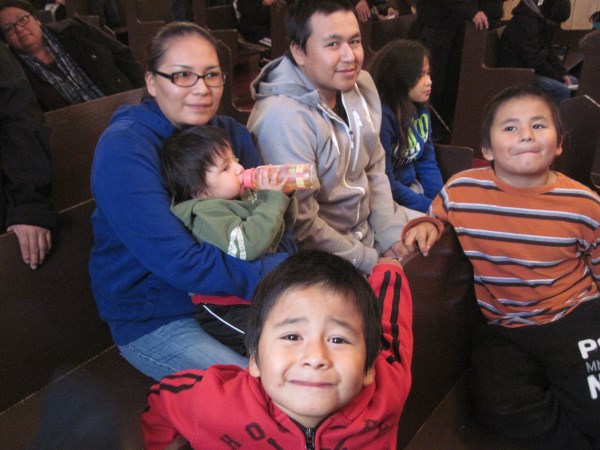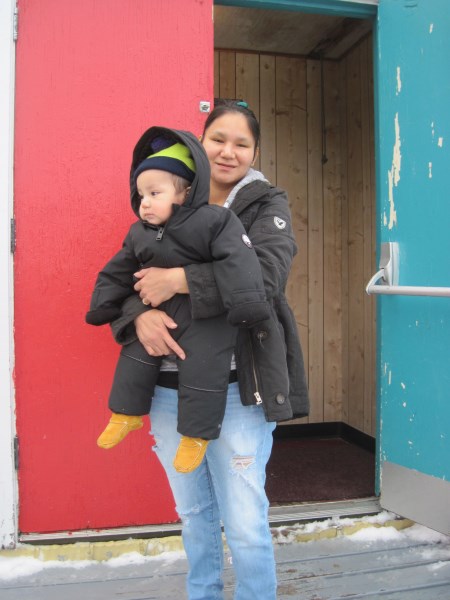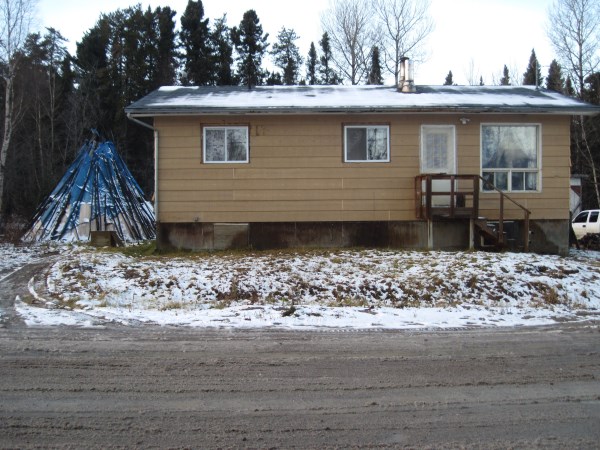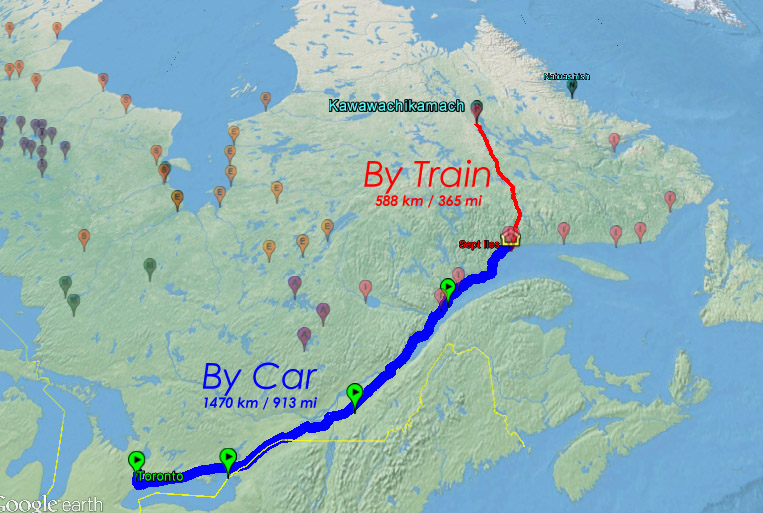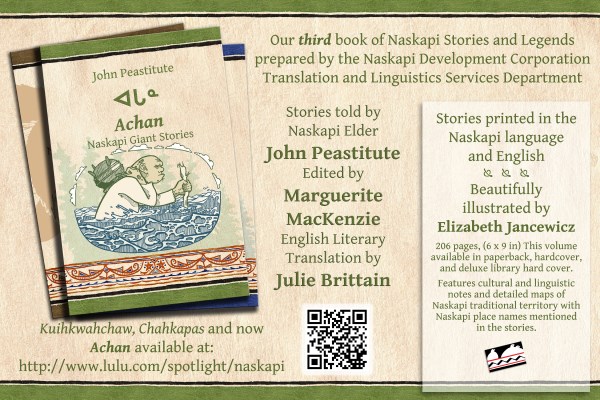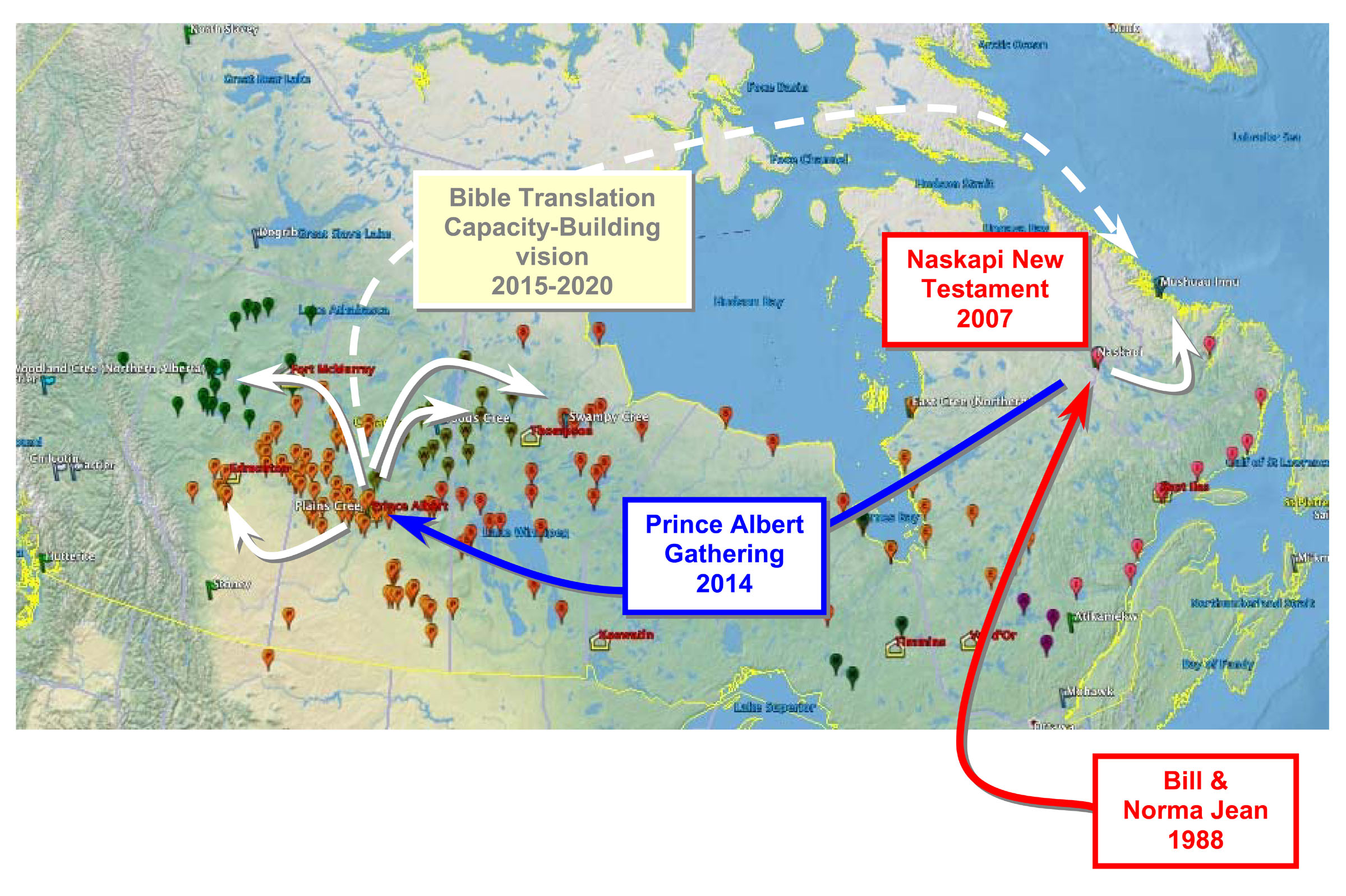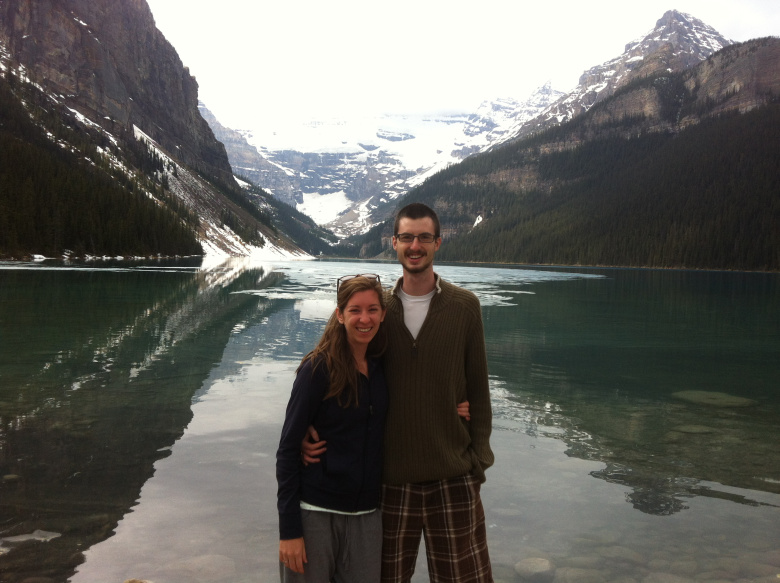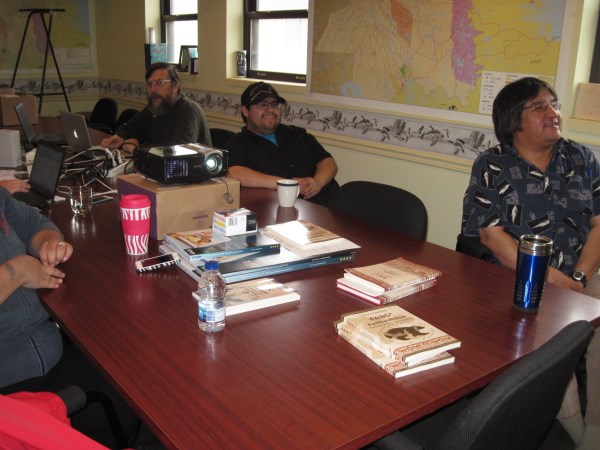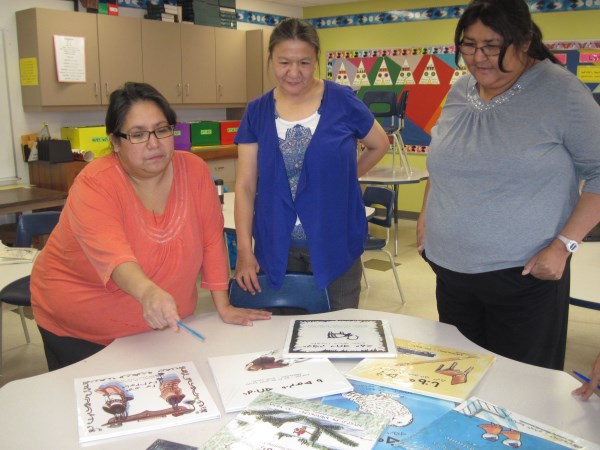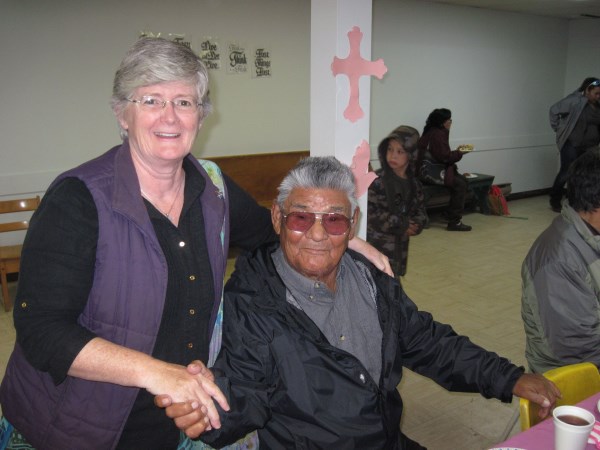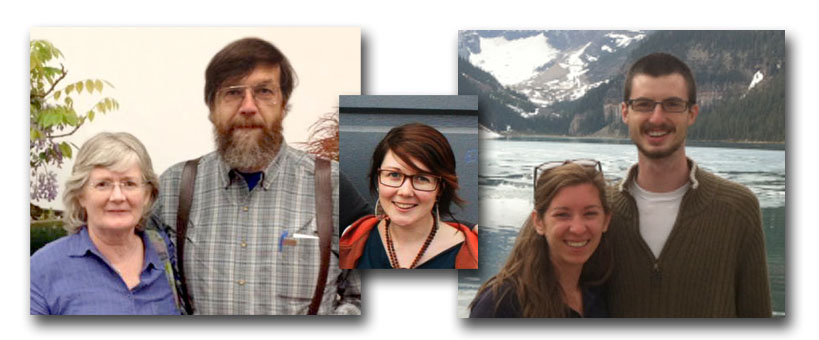Our Dear Partners,
In less than 4 weeks the Kingfisher Lake Oji-Cree community begins their 2017 Vacation Bible School (VBS) program to help connect the children of their community with the truths of the Gospel in the Oji-Cree language. By teaching through the days of God’s Creation as told in the first chapters of Genesis the children will learn how great God is, the wonderful world He has created, and that He loves them very much.
God has also been building a bridge between our partner churches in the south and the First Nations church in the north. The Sunday School staff of St. Matthew’s Church, Kingfisher Lake is presenting this summer’s Vacation Bible School with the help and support of many of you who read these messages and pray for us, and especially Immanuel Church in Simcoe, Ontario which is sending a team to work alongside the indigenous teaching staff, helping with the various details of conducting the Bible School activities, games, snacks and teaching sessions.
Ashley Booth (age 14), Amy Lewis (age 15) and Elly Vandermeer (age 13), three teens from Immanuel Church’s youth group will be accompanied by Ann Rauwerda. The church and the other teens in the youth group have joined together to help to raise the travel funds and purchase needed materials for this outreach to their new First Nations friends in Kingfisher Lake. Because of the remoteness of this isolated northern Ontario First Nation, the air-travel costs are challenging: each person’s airfare alone was nearly $1800 for the round-trip from Toronto. But the church and other funding partners have been generously supporting this ministry and we are confident that God will provide all that is needed.
To help raise funds, the church has conducted a “hire-a-teen” campaign, served “Mothers’ Day” and “Fathers’ Day” breakfasts at the church, and ran a church-wide “yard sale” of donated items which has raised a good portion of the funds needed to purchase and to ship the Bible School materials. But more funds are still needed in the coming weeks.
Our lovely and talented daughter Elizabeth has been also raising funds to accompany the team on this trip to Kingfisher Lake, and has already applied her artistic talents towards illustrating the days of God’s Creation for the new, locally and culturally appropriate teaching materials that are being developed by Norma Jean and and team.
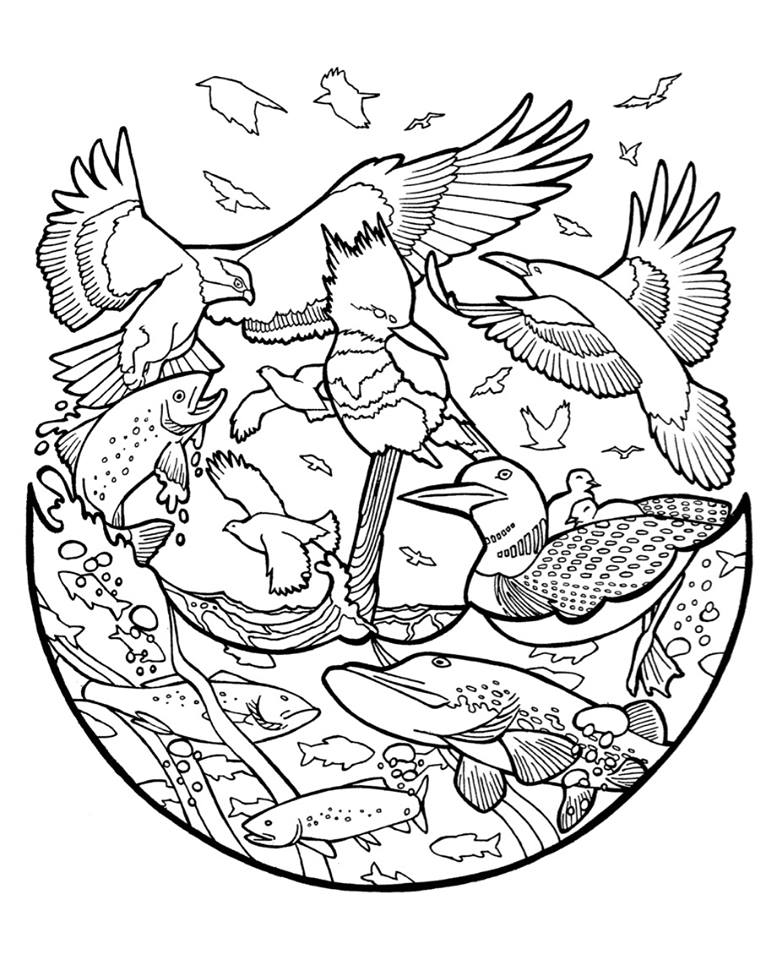
Creation Day Five: Birds and Fish–each species in Elizabeth’s illustration are found in the Kingfisher Lake region.
Also coming on this trip are Bible Translation facilitators-in-training Matthew and Caitlin Windsor, with their small daughter Hazel (ᐘᐱᑯᔑᐡ – waapikoshiihsh). Matthew and Caitlin have just completed their pre-field requirements and are spending time with us at our home in Ontario before beginning their in-field internship period with the Naskapi First Nation Bible Translation program.
So including little Hazel, there are ten of us traveling to Kingfisher Lake for this ministry event. We leave from the Toronto Pearson airport on Friday, July 14th and stay overnight in Thunder Bay, Ontario. Saturday, July 15th we travel on to Kingfisher Lake. We will meet with the Oji-Cree teaching team over the weekend on July 15 and 16, and the Vacation Bible School program will start Monday morning at the Mission House in Kingfisher Lake.
The younger children (Kindergarten through grade 3) will come each morning to the Vacation Bible School program, and the older ones (grade 4 through 8) will come to their own program presented in the afternoons by the same team.
The VBS team will stay in rooms at the Mission House and will prepare their own meals and eat together at the mission house between the VBS sessions all week long, Monday through Friday. As much as possible, the Bible lessons and Gospel message will be presented by the Oji-Cree staff to the children in their own language, while the visiting team will present in English, having their part interpreted when necessary by the Oji-Cree staff. Teaching materials are being prepared that include Elizabeth’s original artwork along with recently-translated passages from Genesis in Oji-Cree.
11 ᑭᔐᒪᓂᑐ ᑭᐃᐦᑭᑐ, “ᐋᐦᑎ ᐊᐦᑭ ᑕᓂᑖᐃᐧᑭᒋᑫᒪᑲᐣ ᑳᓇᓈᑲᐃᐧᓈᑲᐧᑭᐣ ᑭᐦᑎᑳᓇᐣ, ᒦᓇ ᒦᓂᔖᑎᑰᐣ ᐁᑲᐧ ᑲᔦ ᒥᐦᑎᑰᐣ ᐊᐦᑮᐣᐠ ᑳᐊᔮᑭᐣ ᑳᓂᐦᑖᐃᐧᑭᒋᑫᒪᑲᑮᐣ ᒦᓂᔕᐣ, ᐃᐦᐃᒫ ᓇᓈᐣᑐᐠ ᑳᐃᔑᓈᑲᐧᐦᑭᐣ ᒥᓂᔖᑎᑰᐣ.” ᒦᑕᓑ ᑲᐃᓯᓭᐠ.
11 Then God said, “Let the land produce vegetation: seed-bearing plants and trees on the land that bear fruit with seed in it, according to their various kinds.” And it was so.
After the program finishes on Friday, July 21st, all the “girls” on the visiting team will pack up and depart to go back south on Saturday, July 22nd, leaving Bill and Matthew to continue on at Kingfisher Lake for a few more days, so that they can work with the new Oji-Cree translation team there after the VBS program.
 On Wednesday, July 26th Bill and Matthew will depart to rejoin the others back home in southern Ontario.
On Wednesday, July 26th Bill and Matthew will depart to rejoin the others back home in southern Ontario.
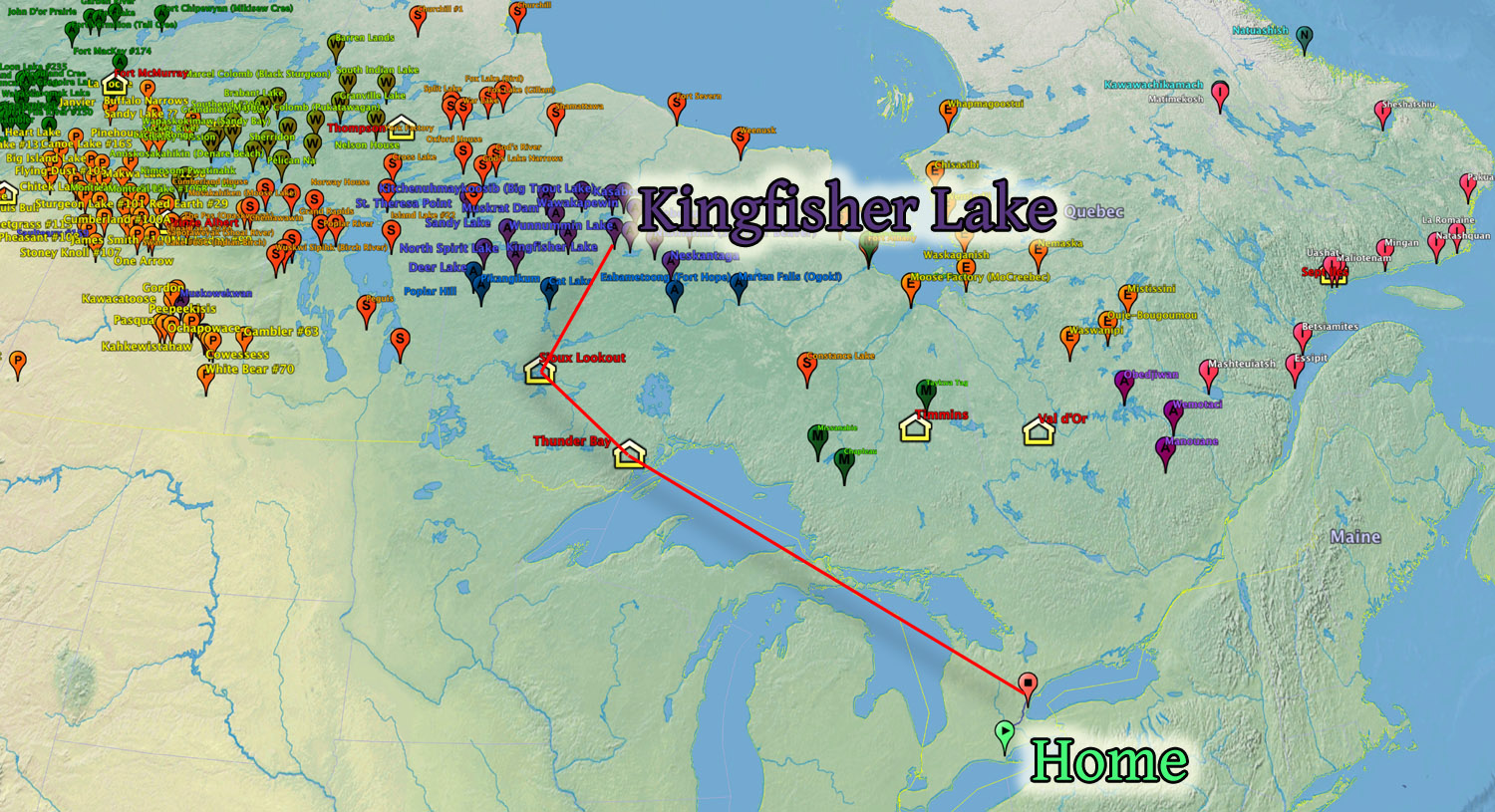 As you realize there are many details that must be attended to in order to accomplish this vision that began with St. Matthew’s Church Oji-Cree Sunday School class at Kingfisher Lake. Please be in prayer for the entire “away” team flying up from the south:
As you realize there are many details that must be attended to in order to accomplish this vision that began with St. Matthew’s Church Oji-Cree Sunday School class at Kingfisher Lake. Please be in prayer for the entire “away” team flying up from the south:
- Bill & Norma Jean Jancewicz
- Elizabeth Jancewicz
- Matthew & Caitlin Windsor and little Hazel
- Ann Rauwerda
- Elly Vandermeer
- Ashley Booth
- Amy Lewis
Also, please remember to pray for the Oji-Cree “home” team at Kingfisher Lake:
- Ruth Kitchekesik
- Jessie Atlookan
- Theresa Sainnawap
- Zipporah Mamakwa
- Saloma Sainnawap
- Ruth Morris
- Naomi Beaver
Pray for the transforming work of God in the lives of all the children and the teaching teams as well, for His provision, protection, and grace as we come together in His name and with His message.
Thank you for your part in God’s mission.
Serving with you,
Bill and Norma Jean Jancewicz
PS:
There are still three ways that you can support this project:
1) You can sponsor the VBS workers from our church by sending a cash donation to:
Immanuel CRC Church
95 Oak Street
Simcoe, Ontario, Canada
N3Y 3K1
You can also donate online here:
https://www.imaginegod.ca/index.php/donate,
and click the “donate now” button.
Be sure to indicate that the donation is for: “Summer VBS missions trip”
2) You can help sponsor our daughter Elizabeth to work on the project and join the trip:
Visit her Etsy web page for information on how you can support her and for the creative ways that she will thank you!
https://www.etsy.com/listing/528242497/summer-camp-fundraiser
https://www.facebook.com/donate/905338069094/911912169544/
3) You can pray every day for our team by name, and walk with us on our journey.
normajean_jancewicz@sil.org

